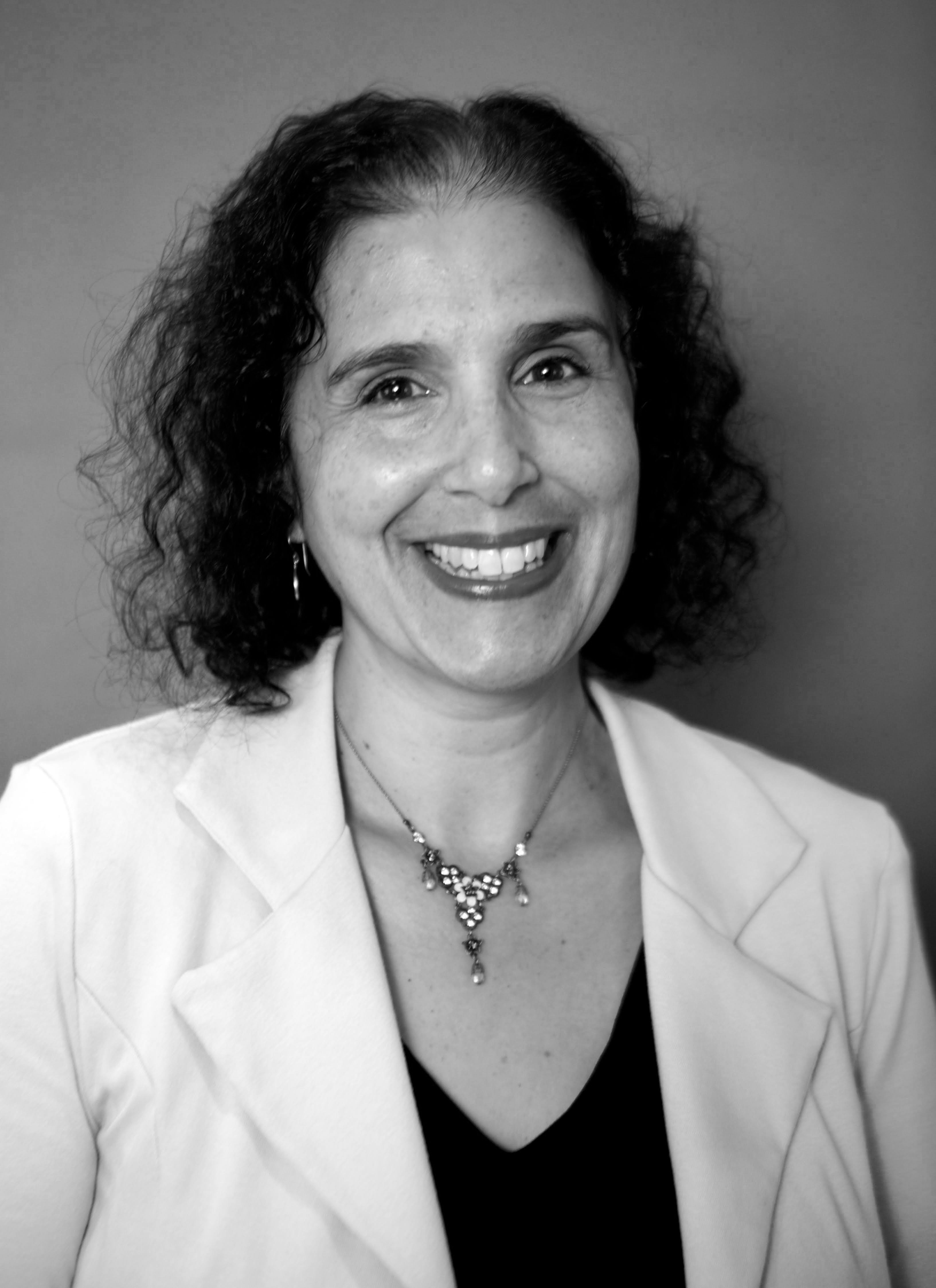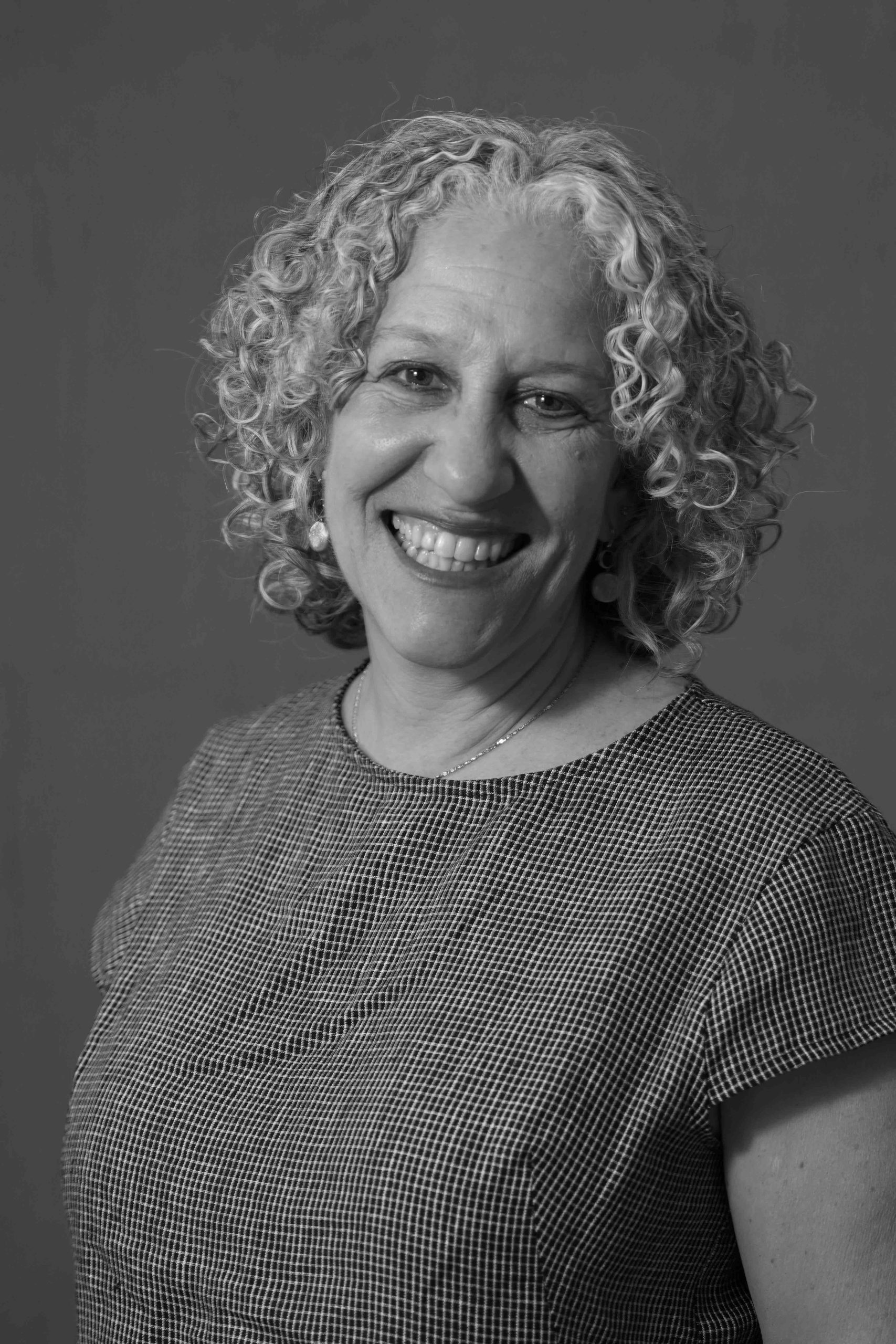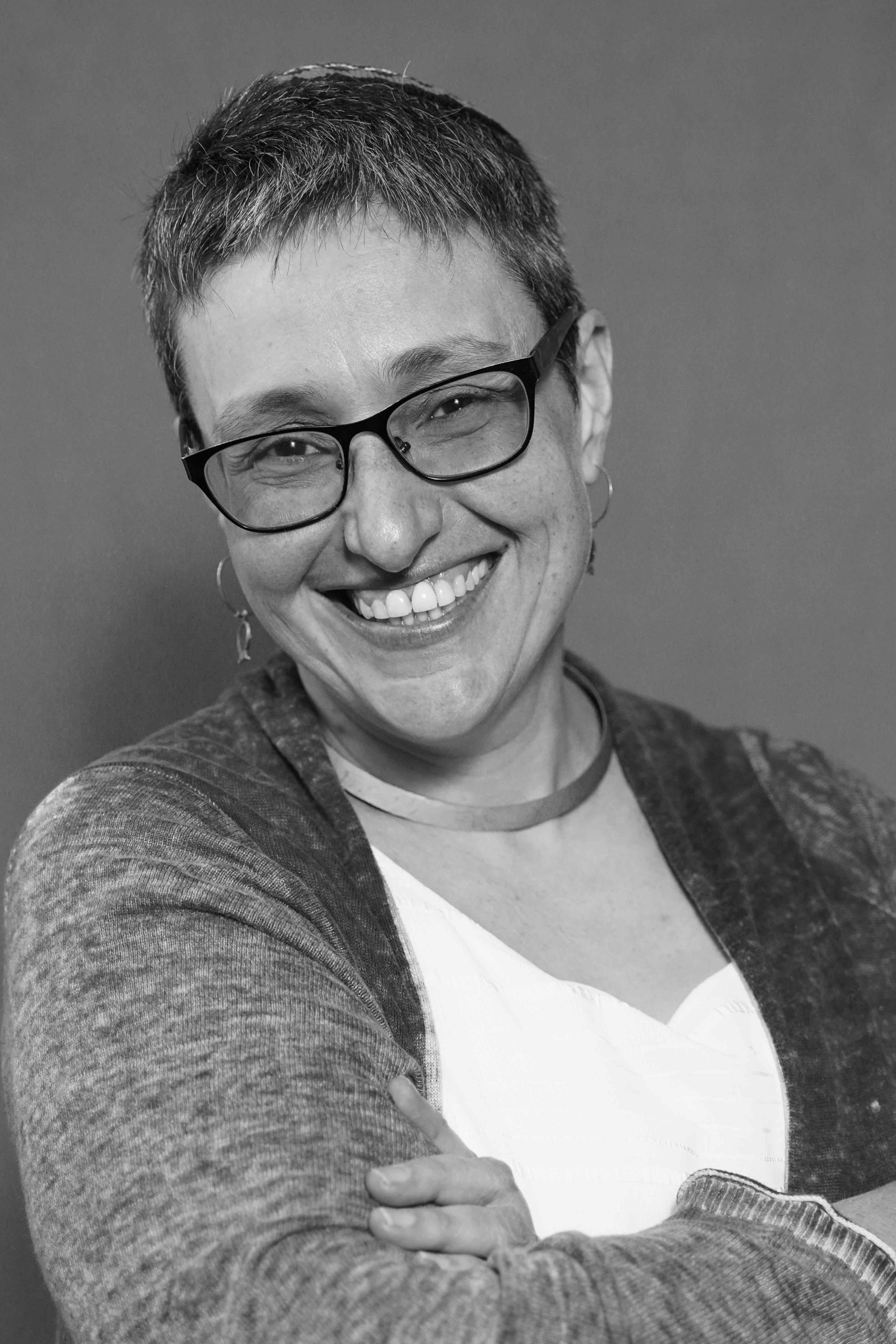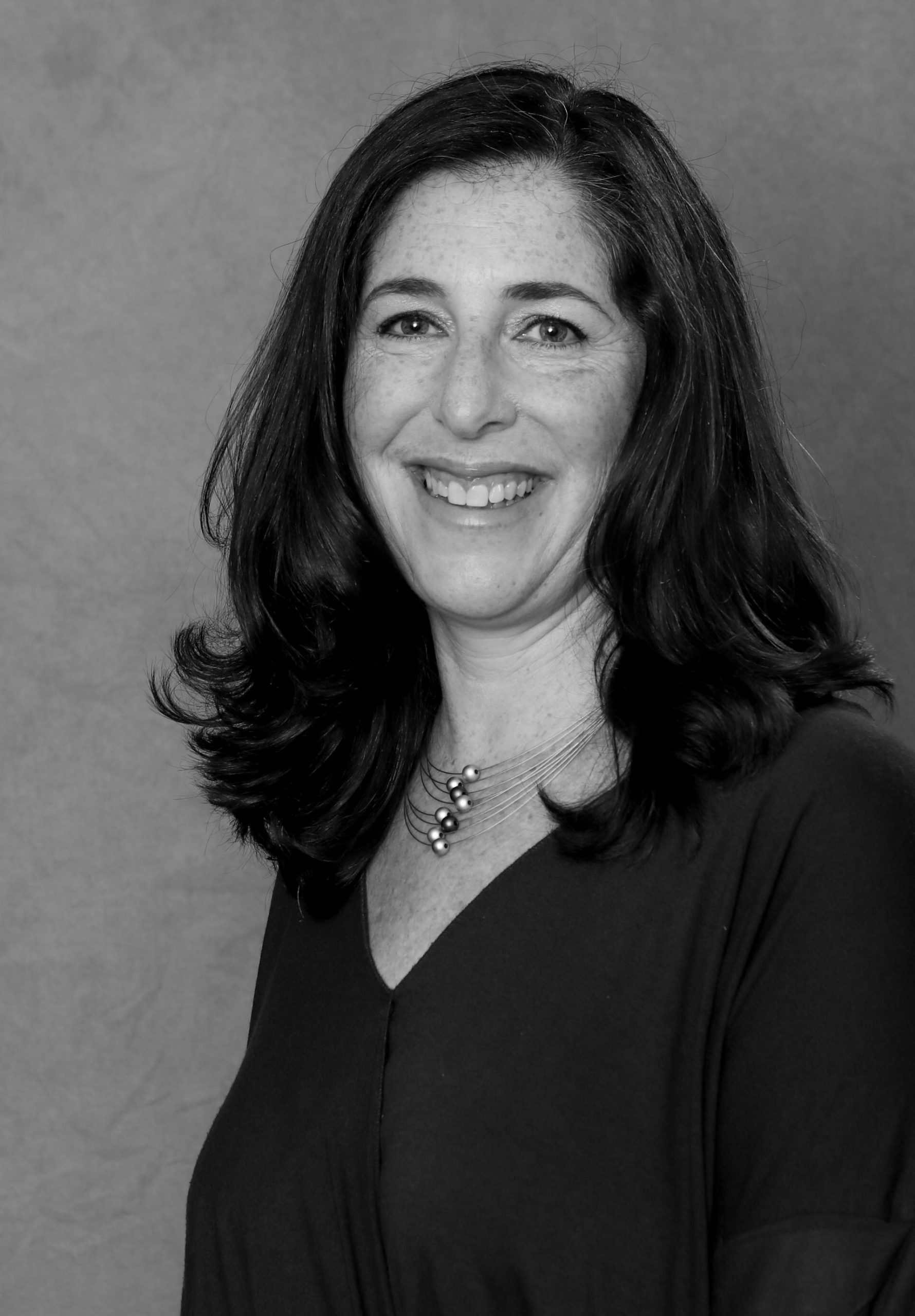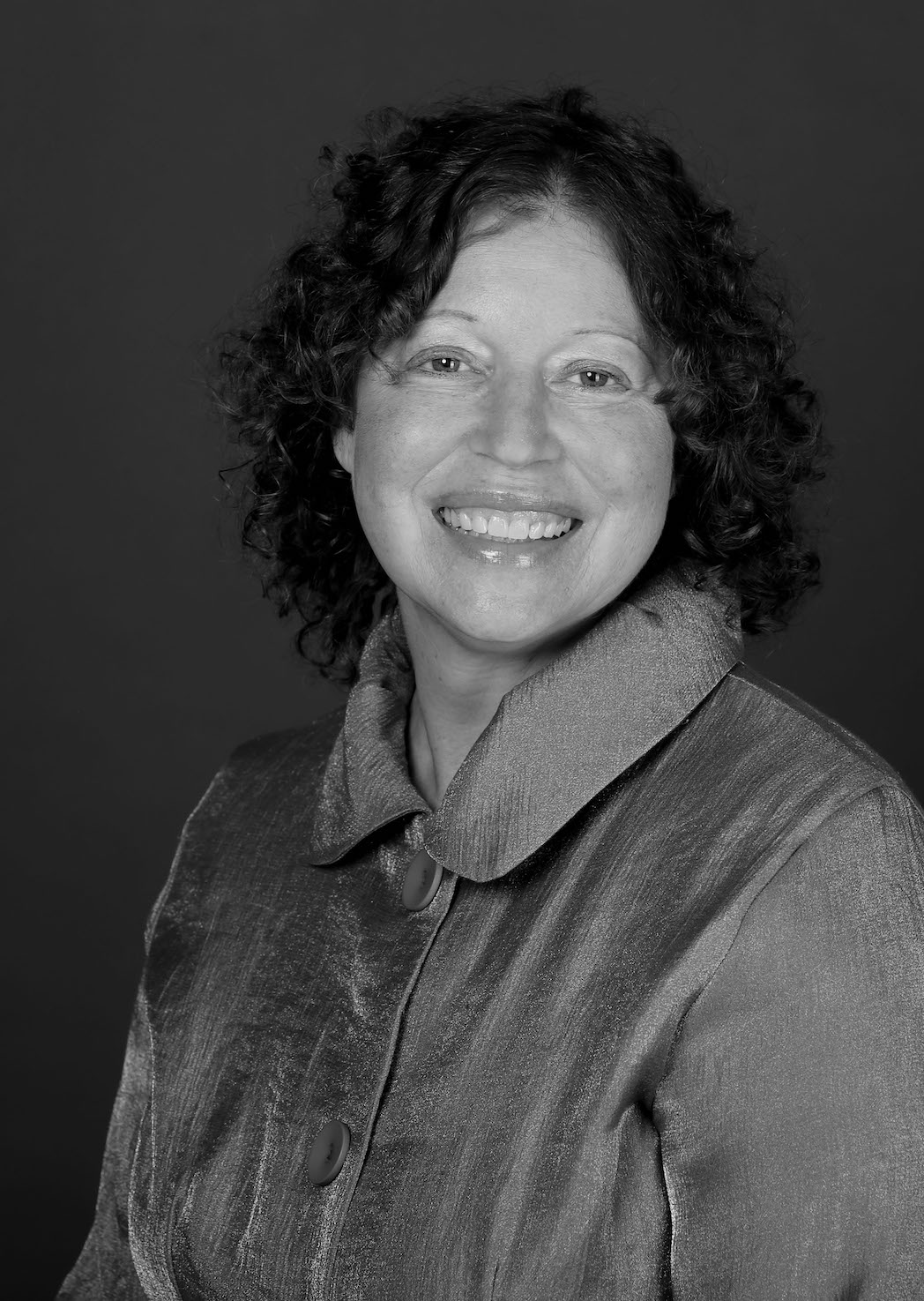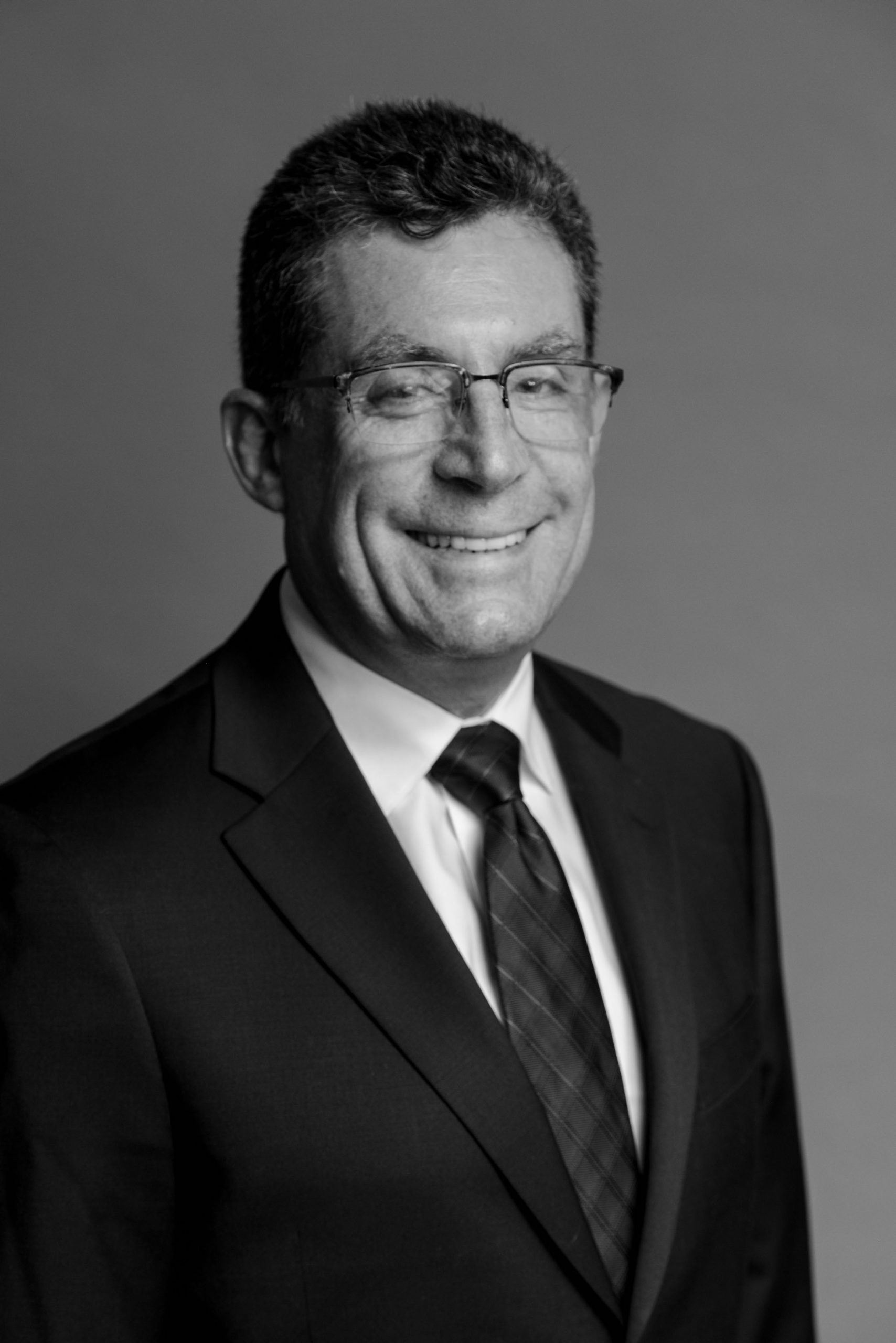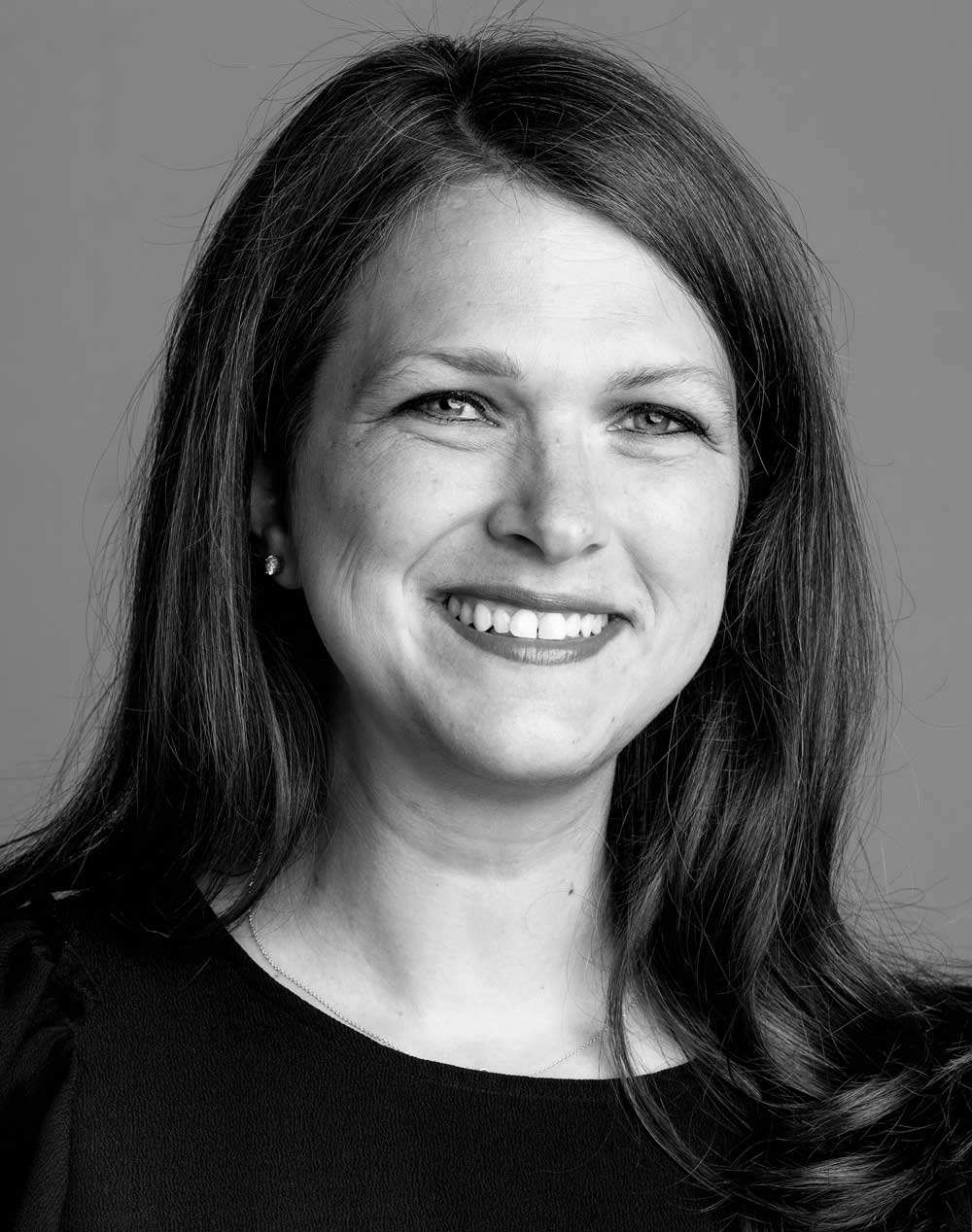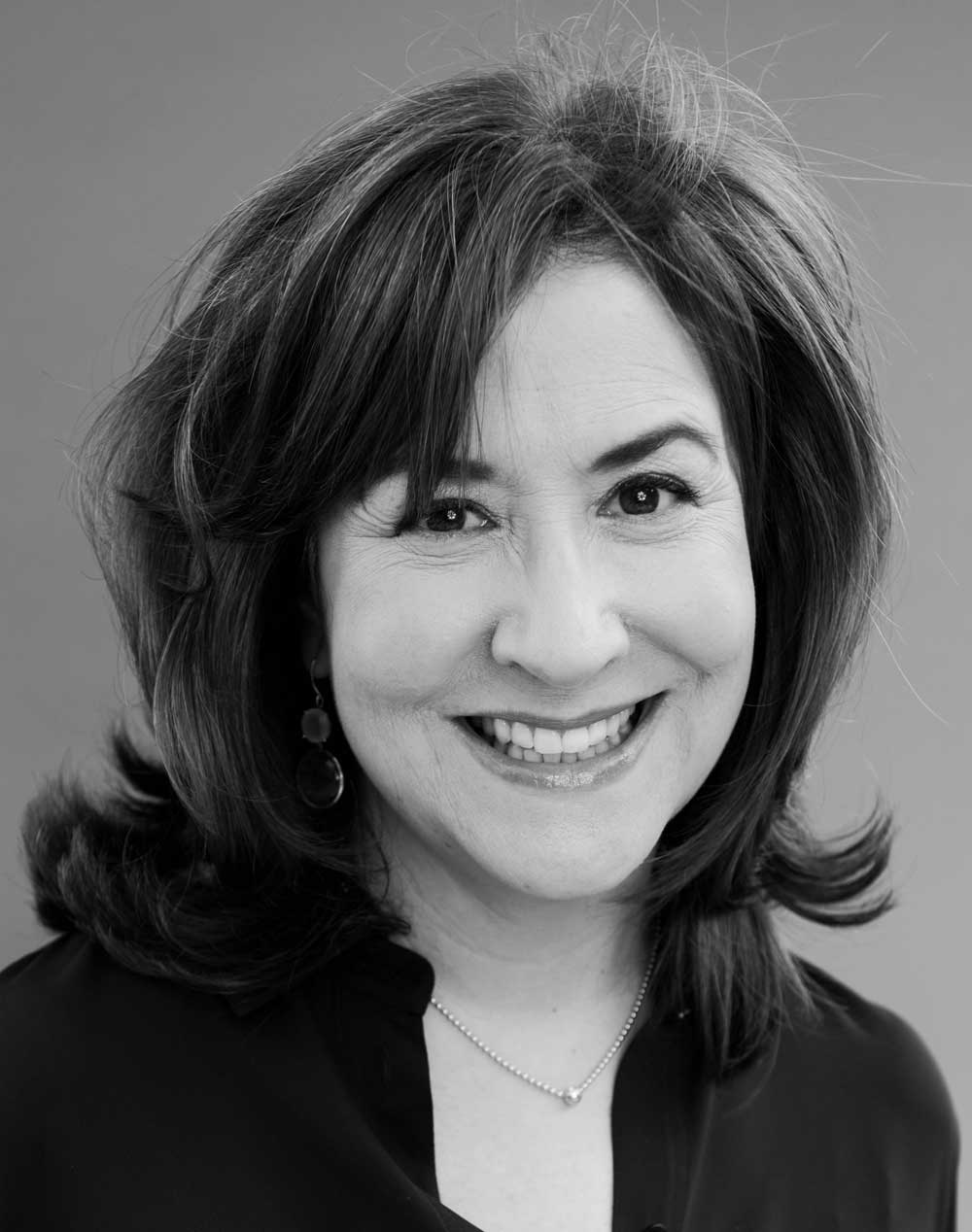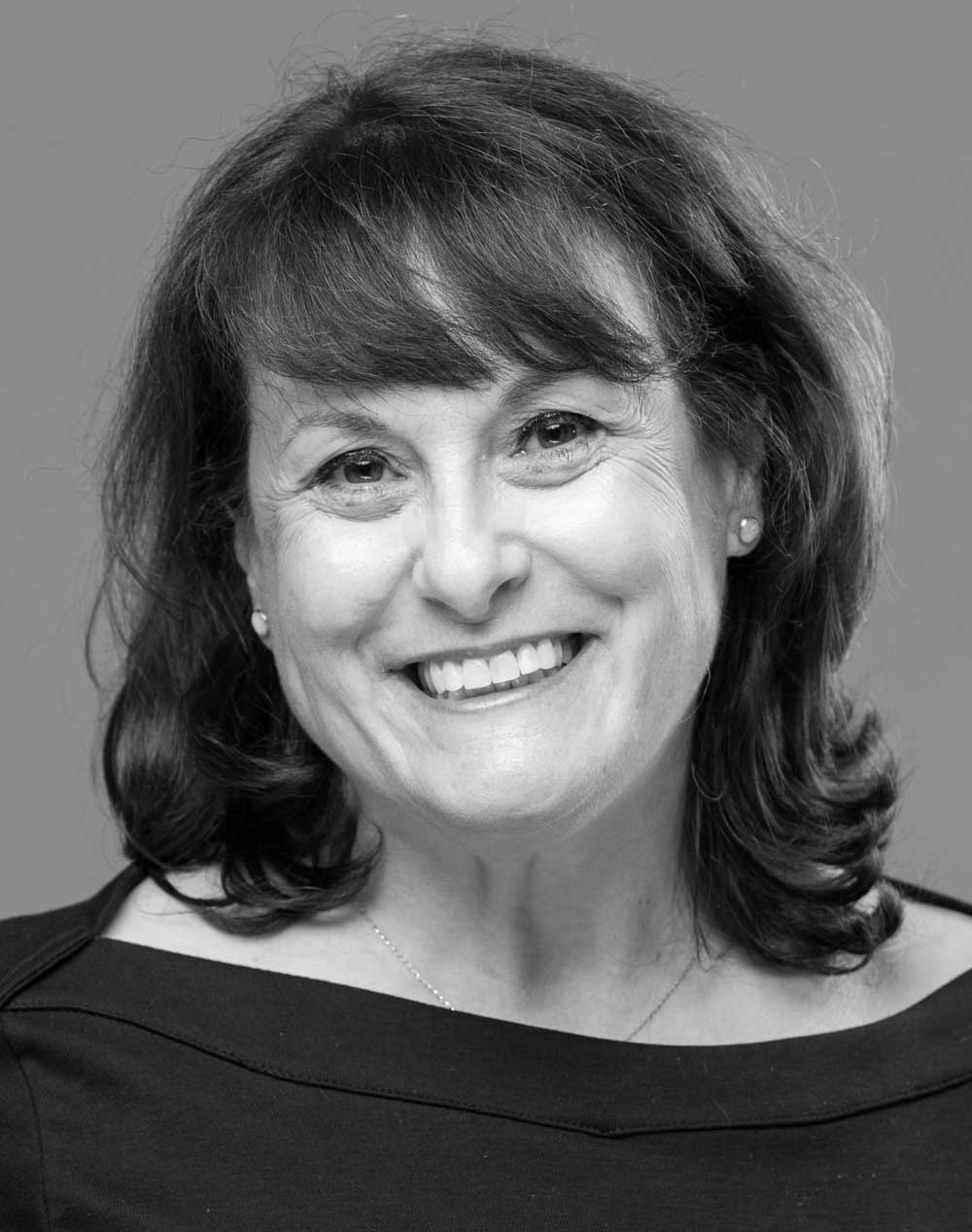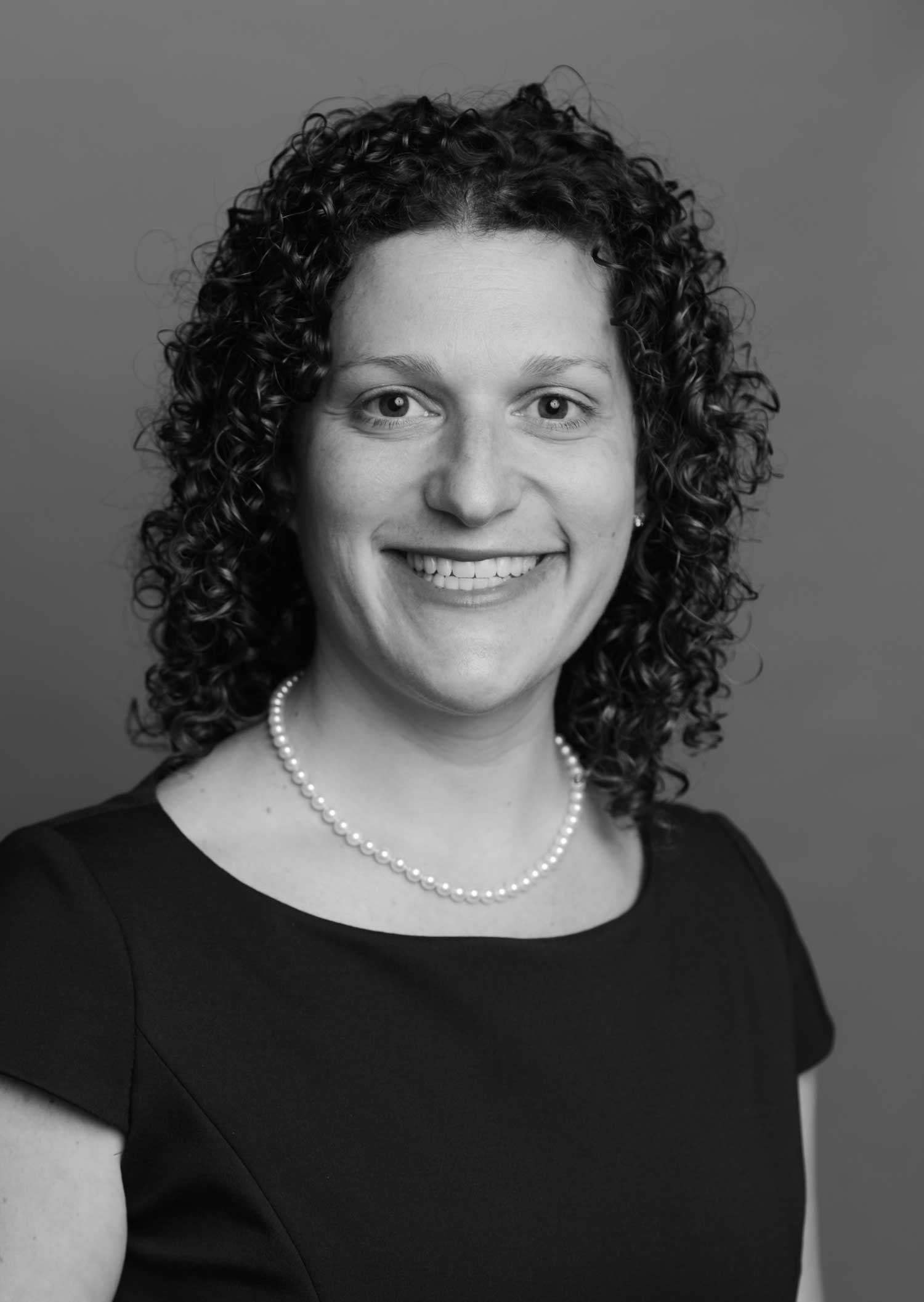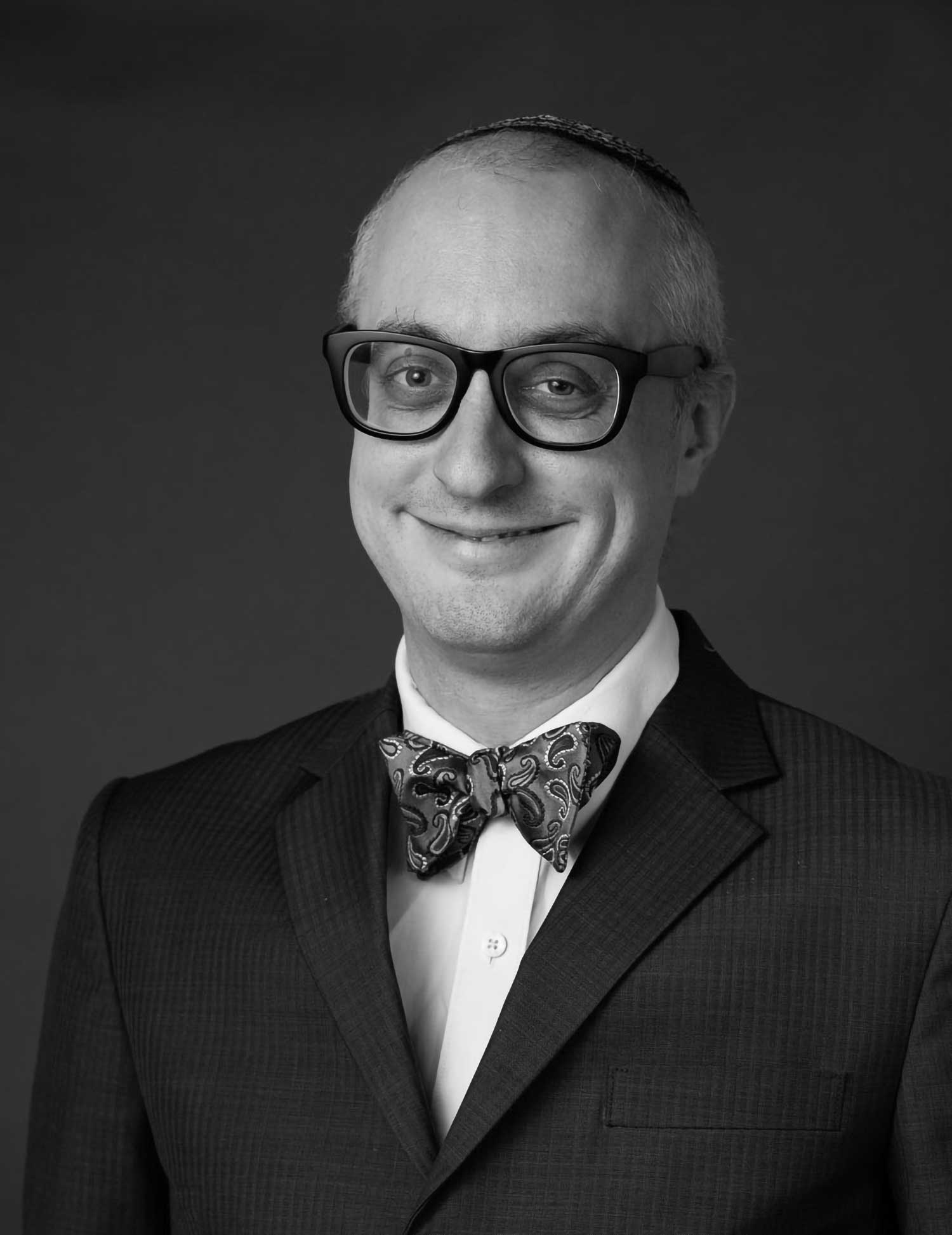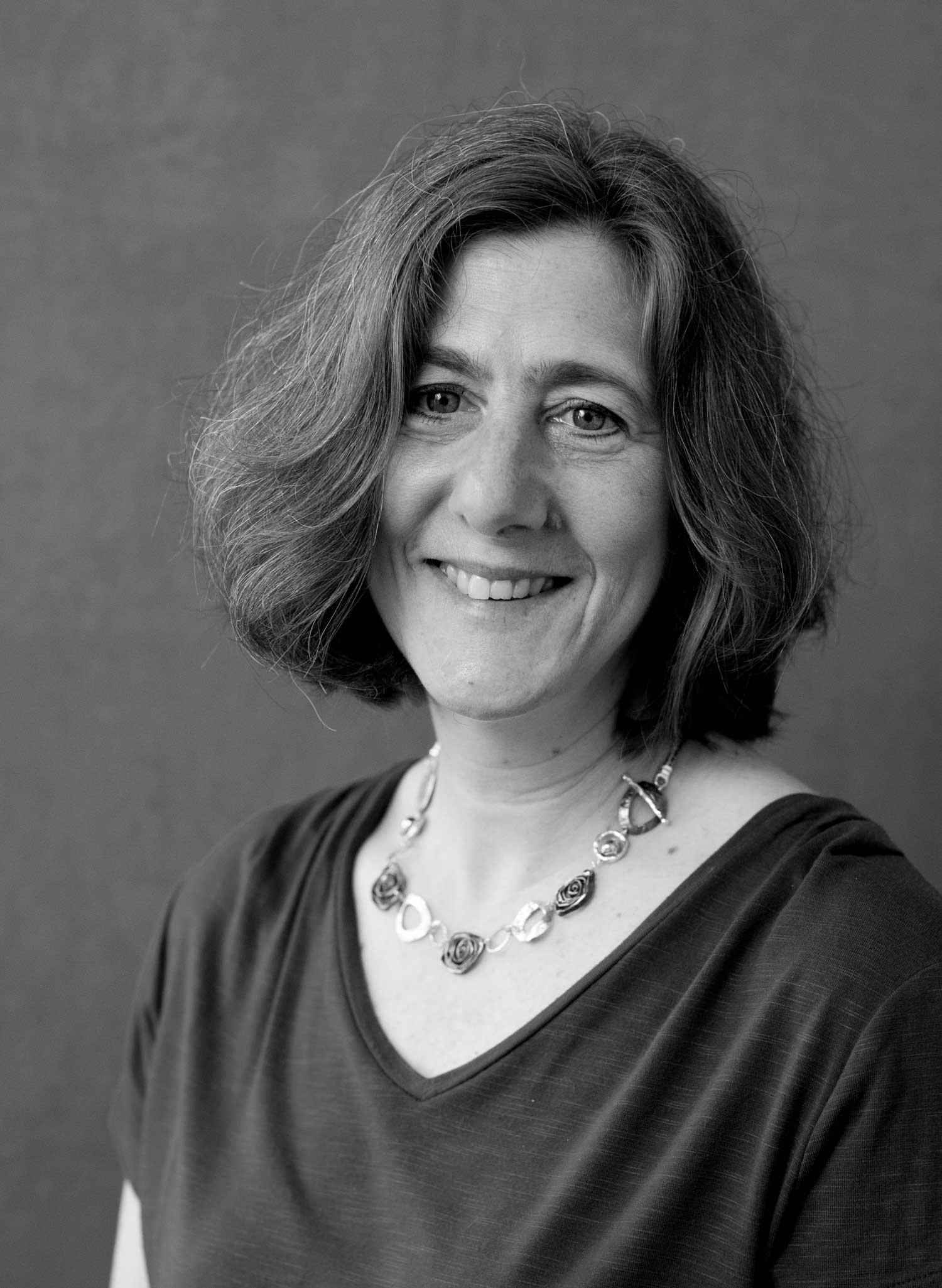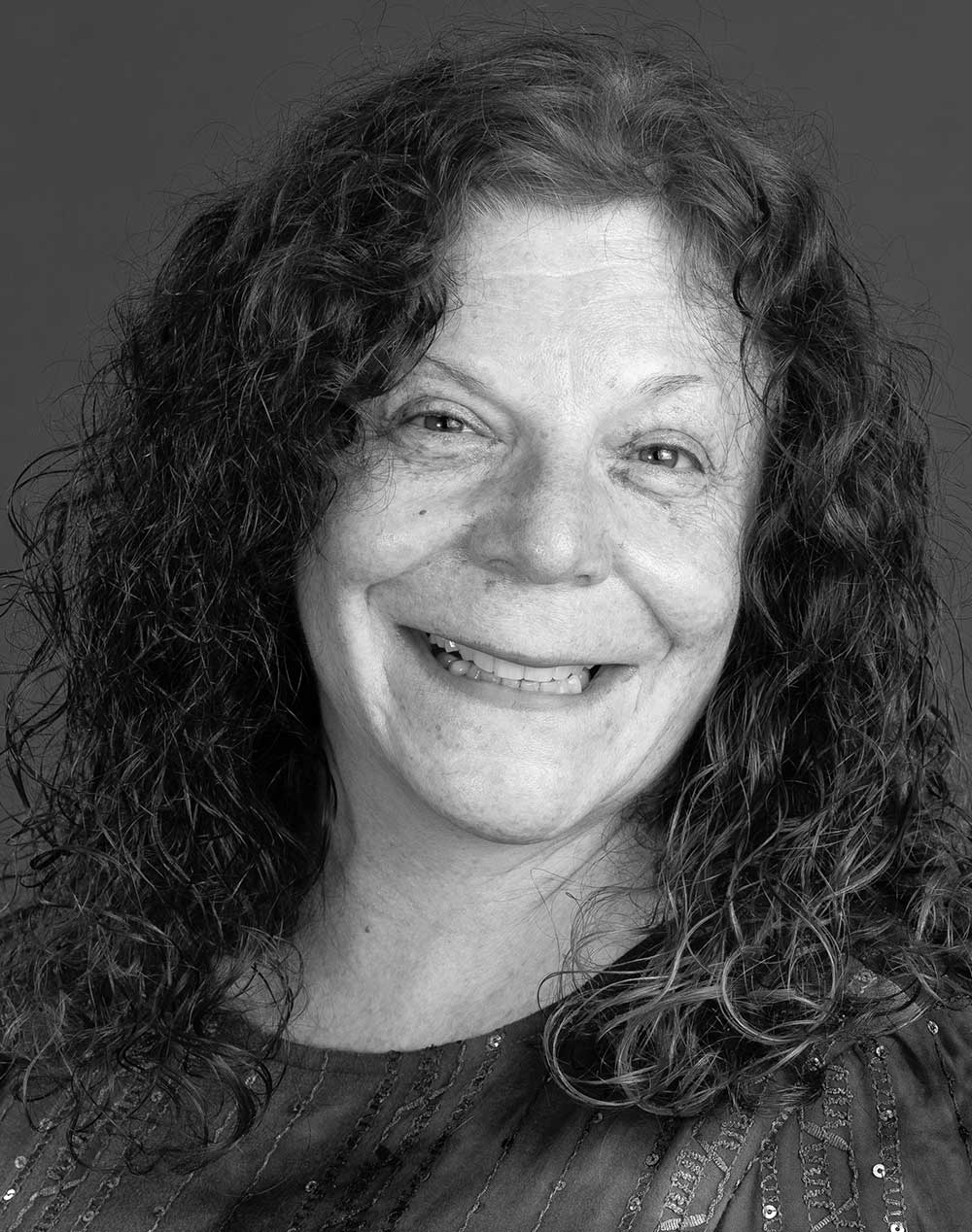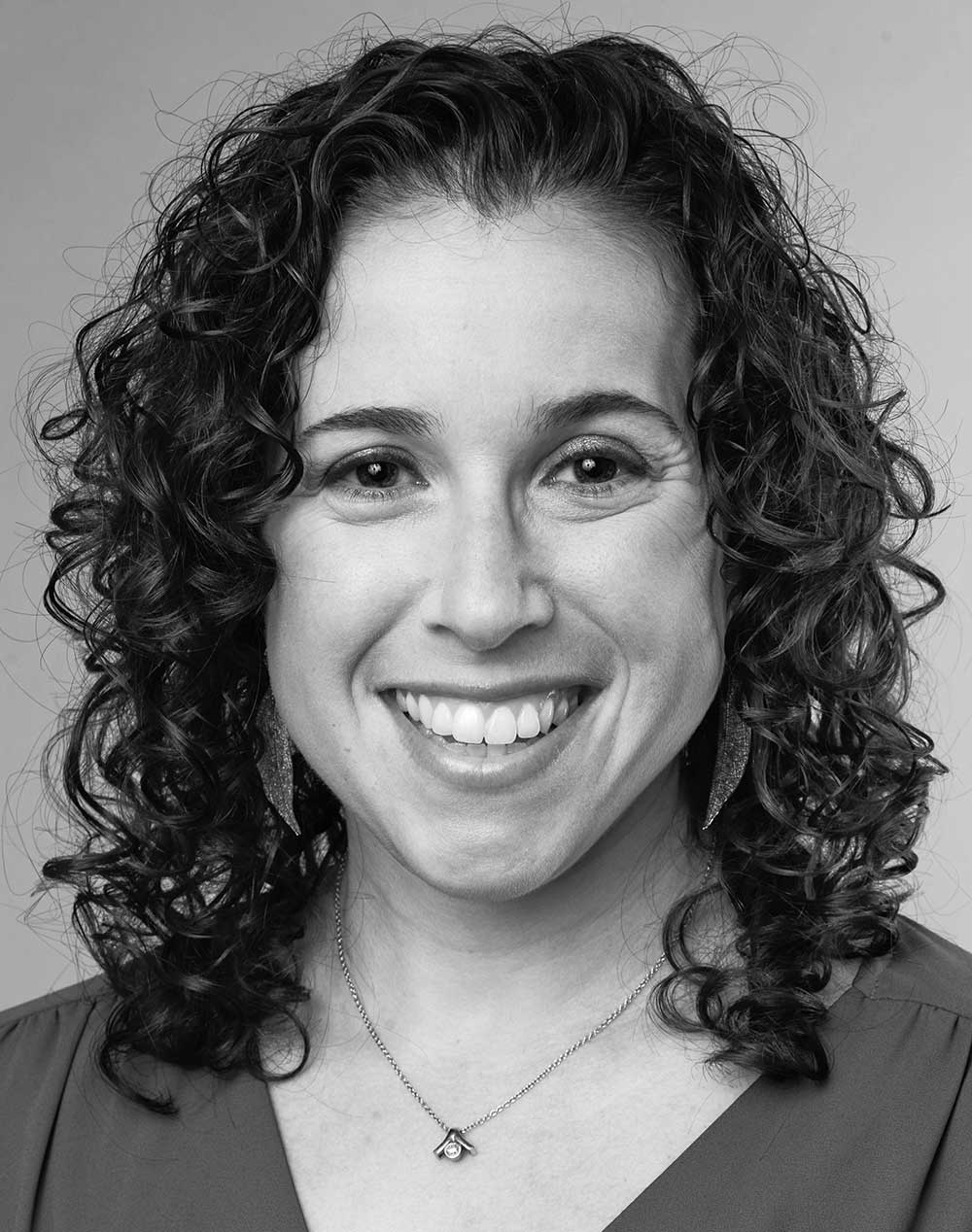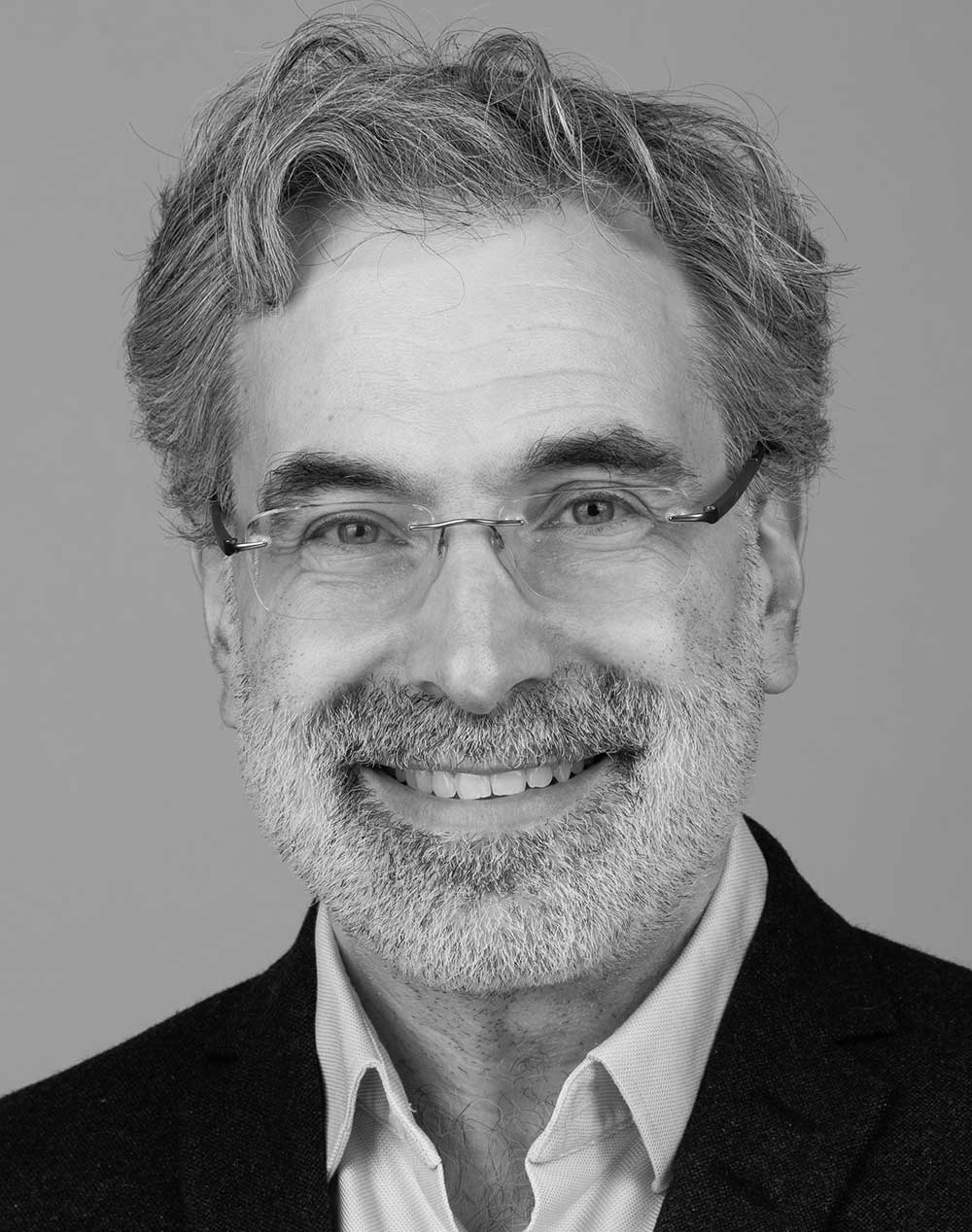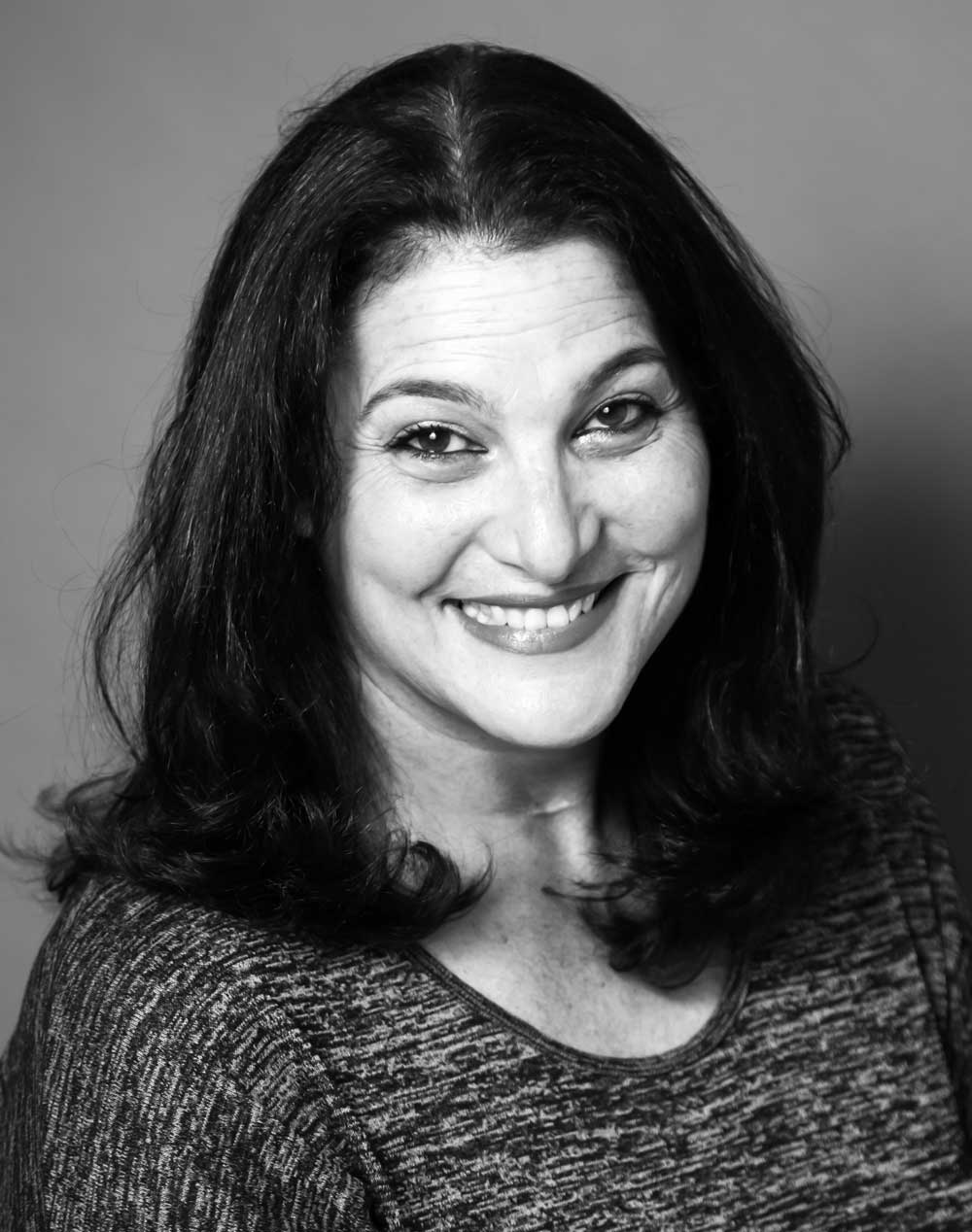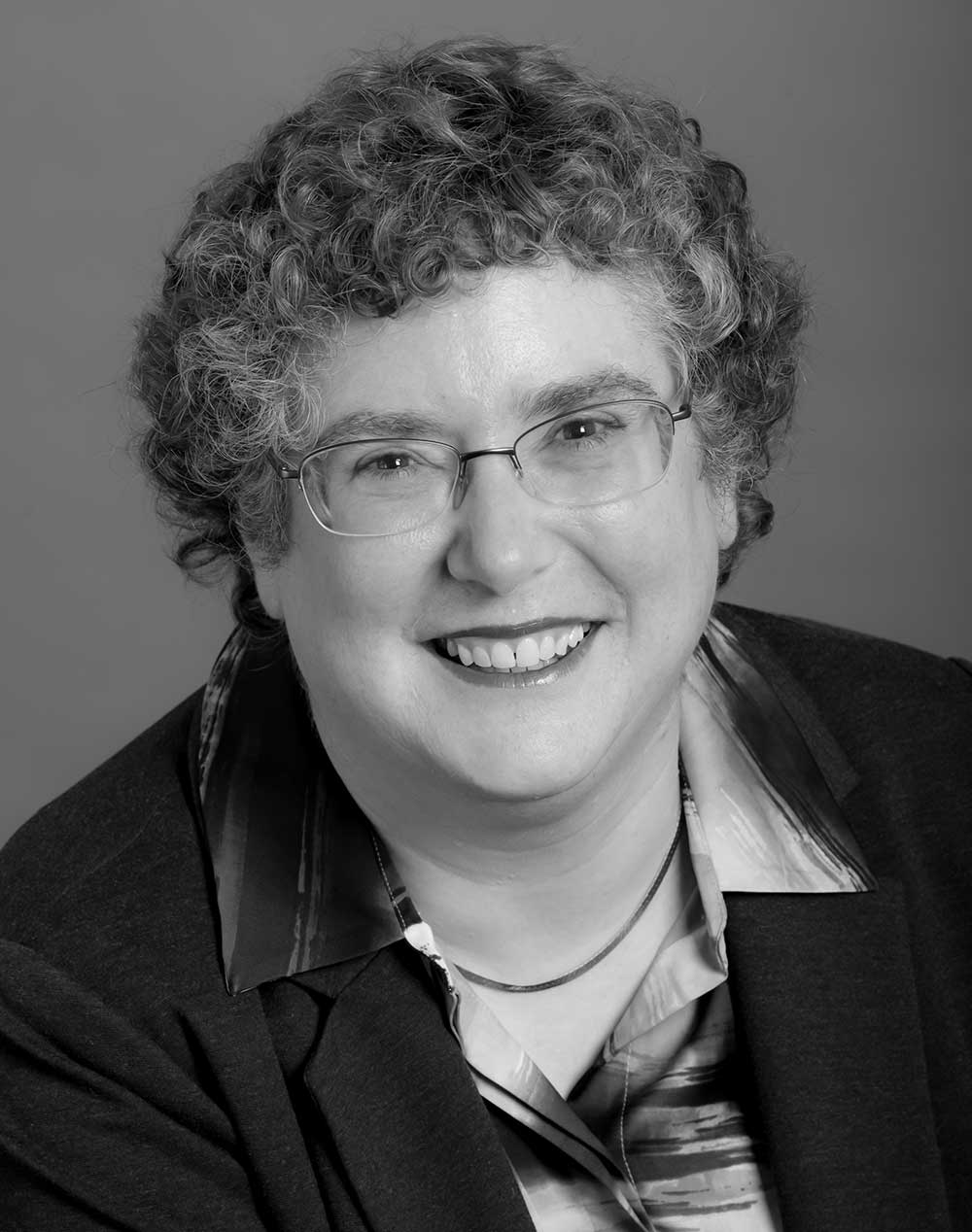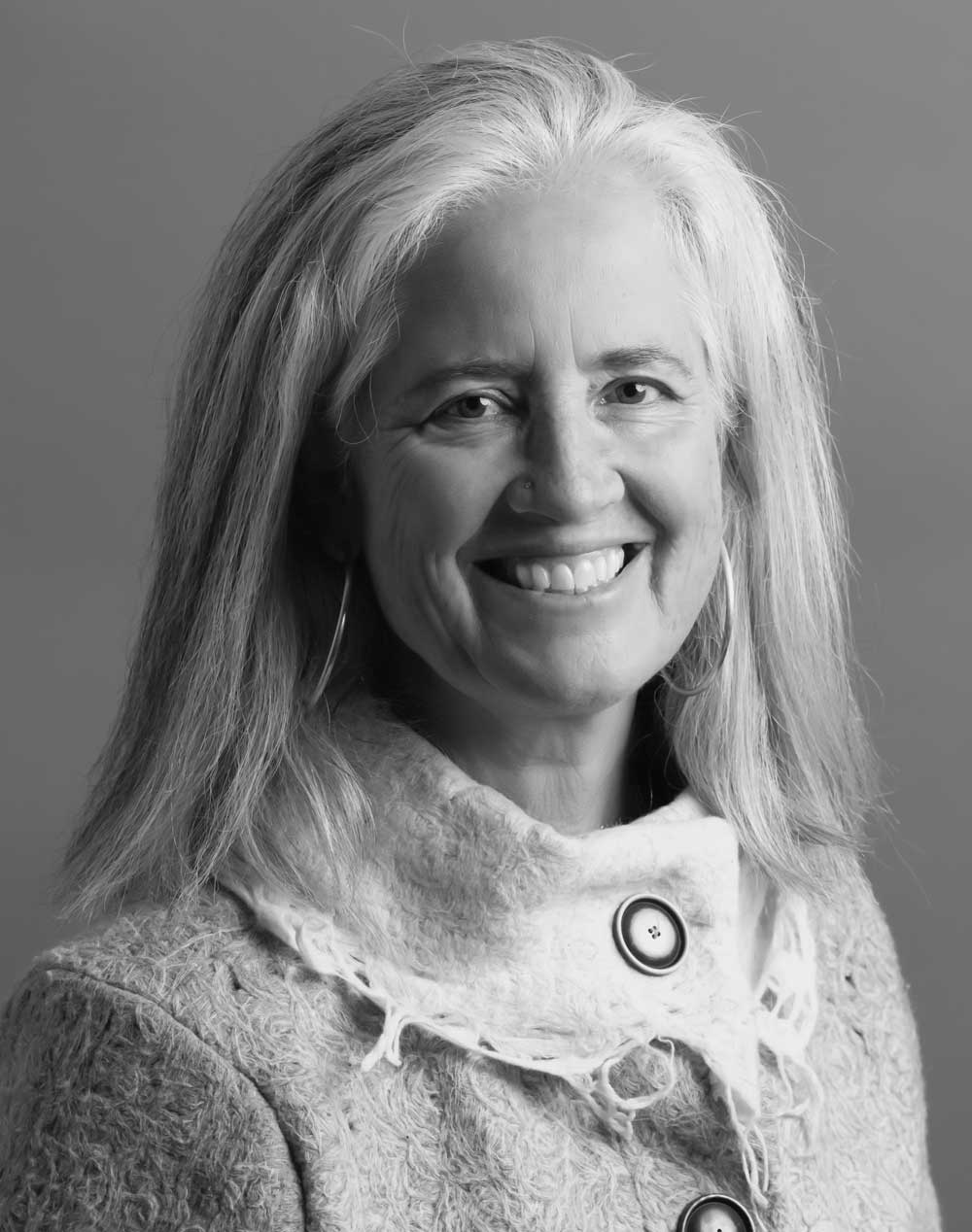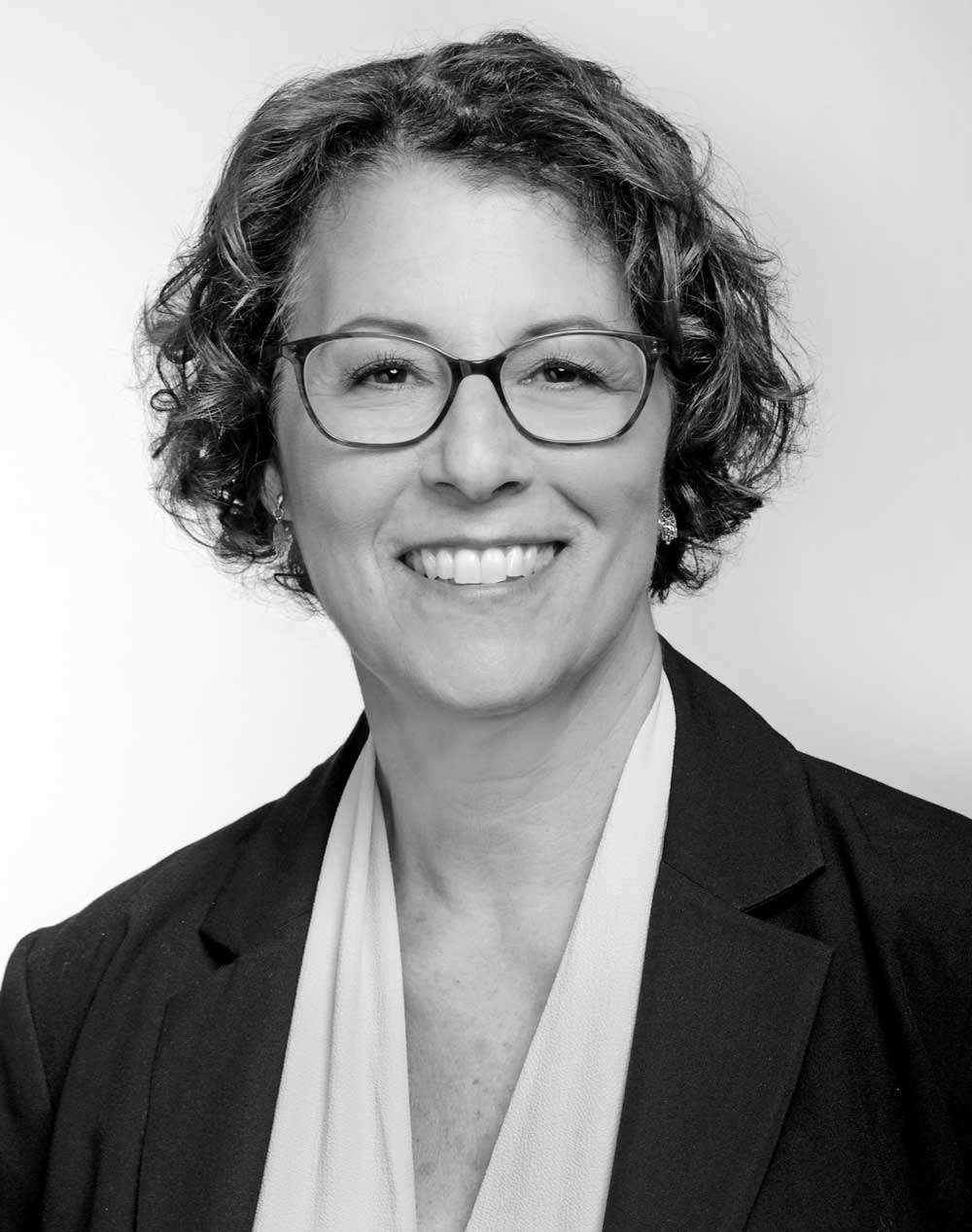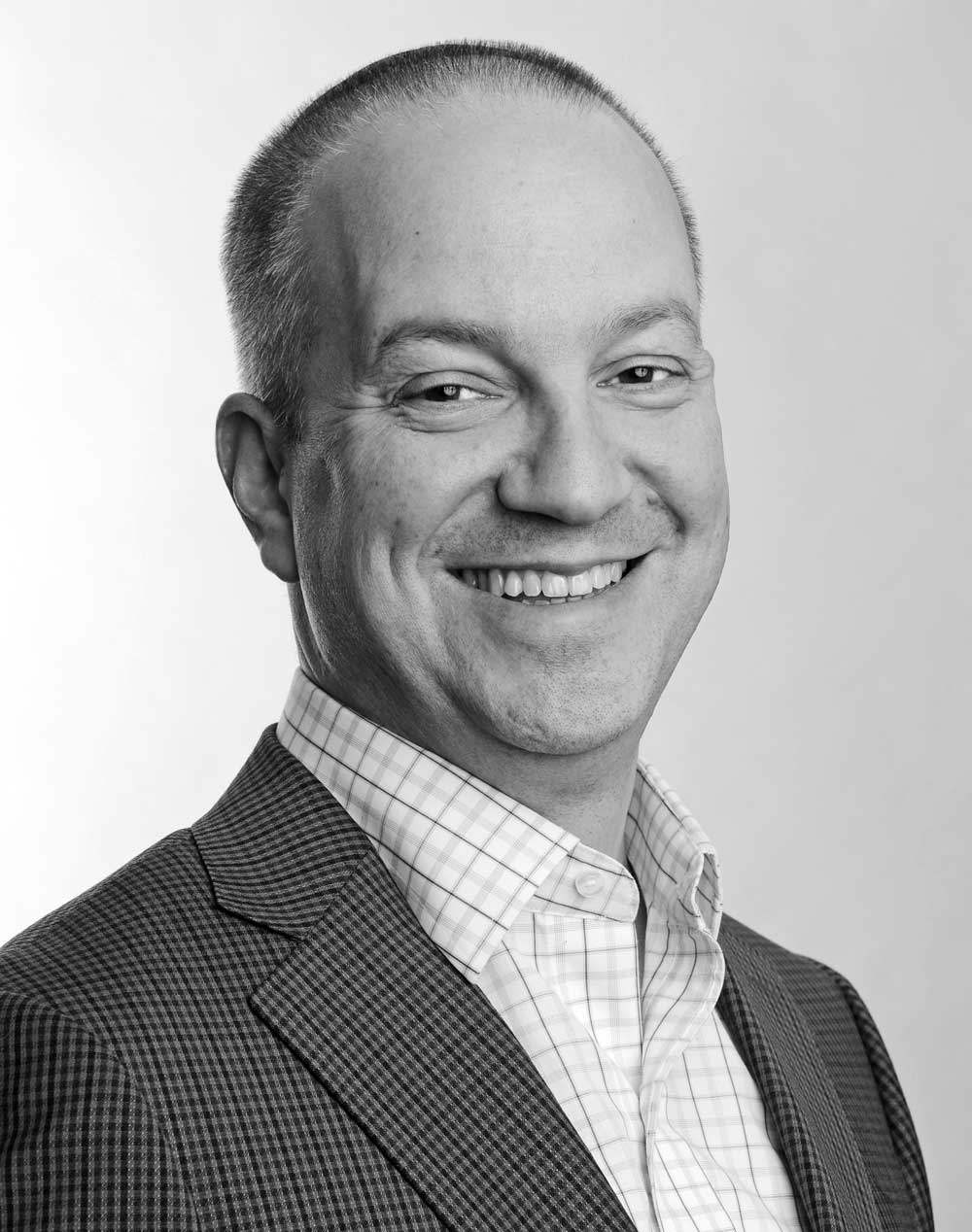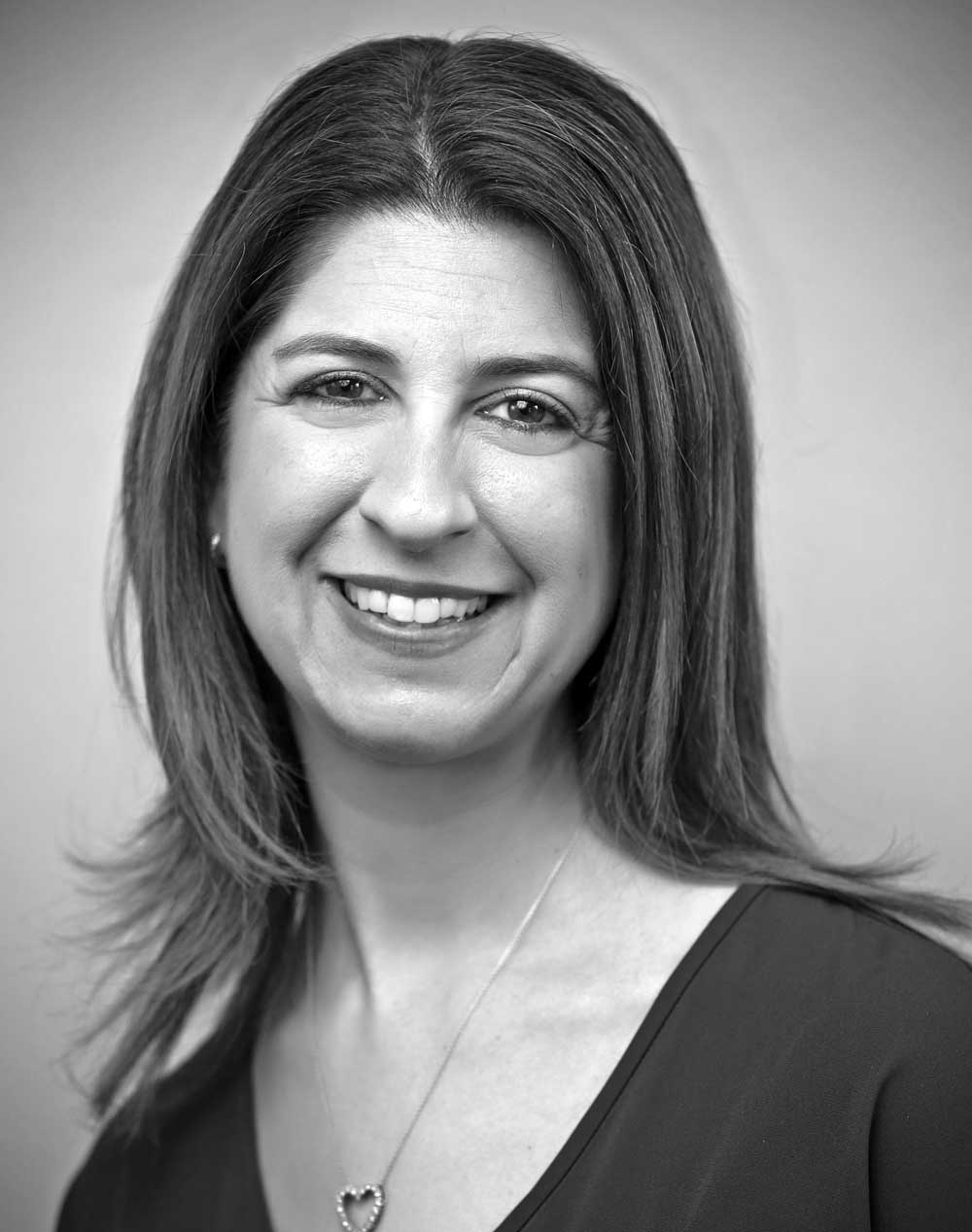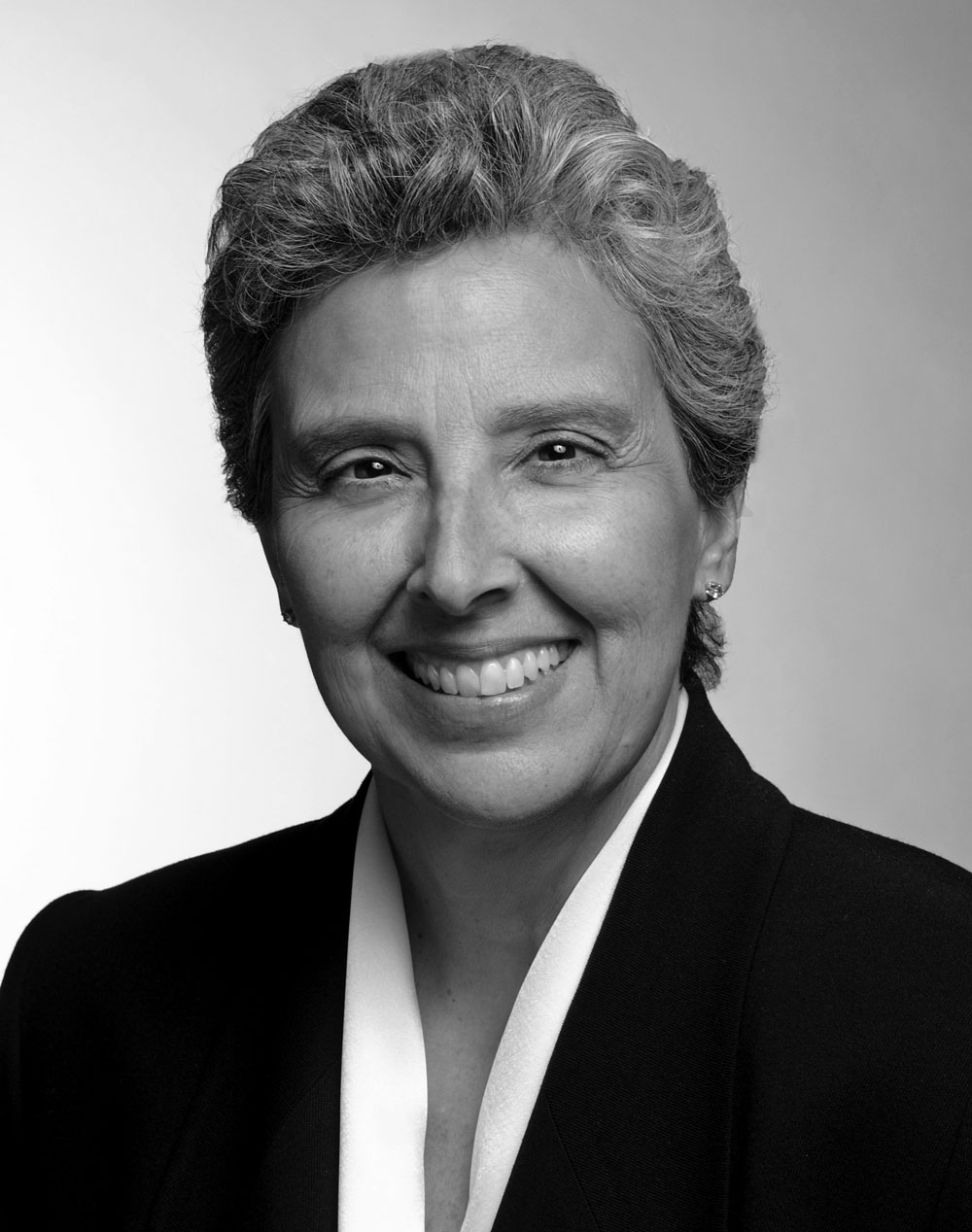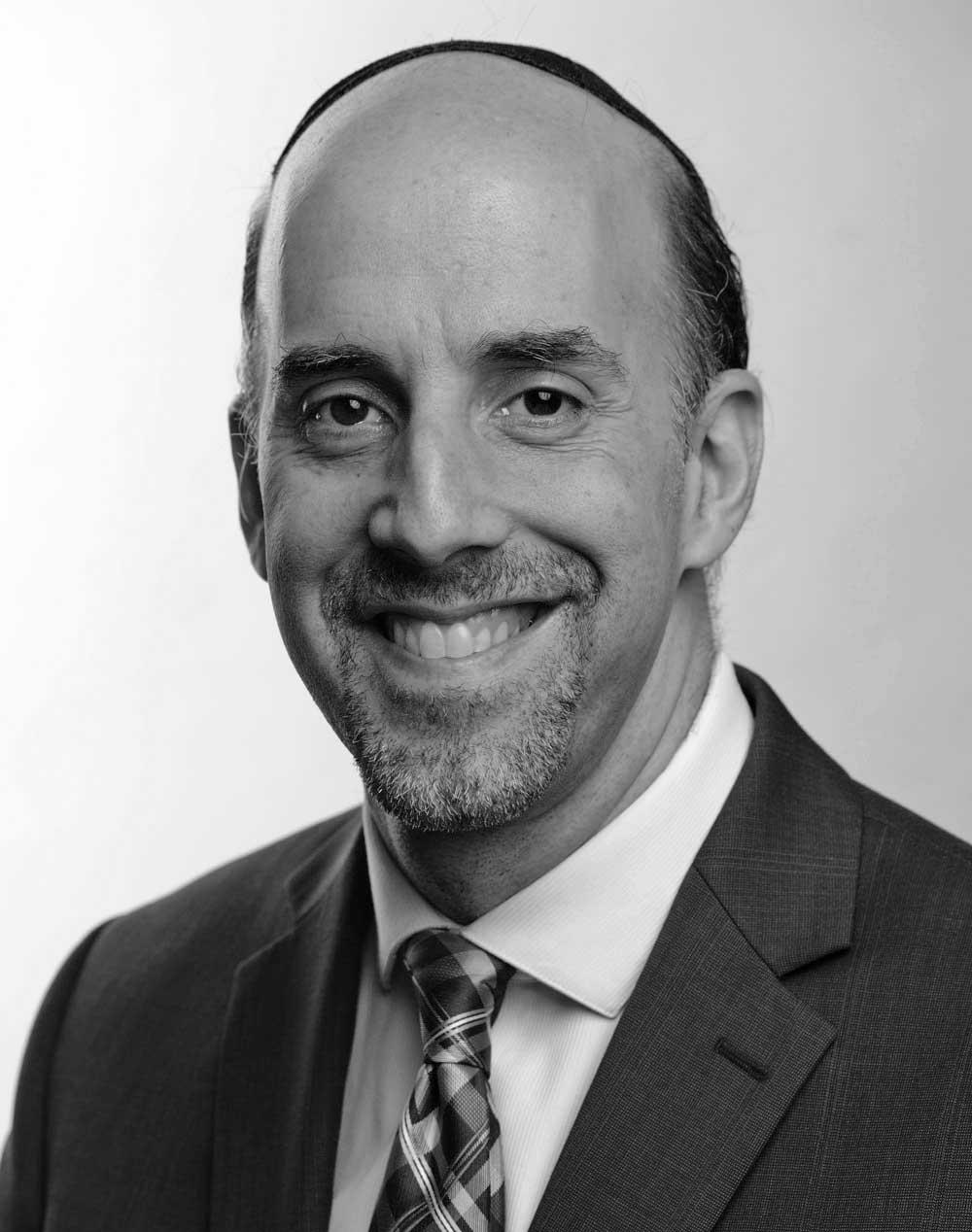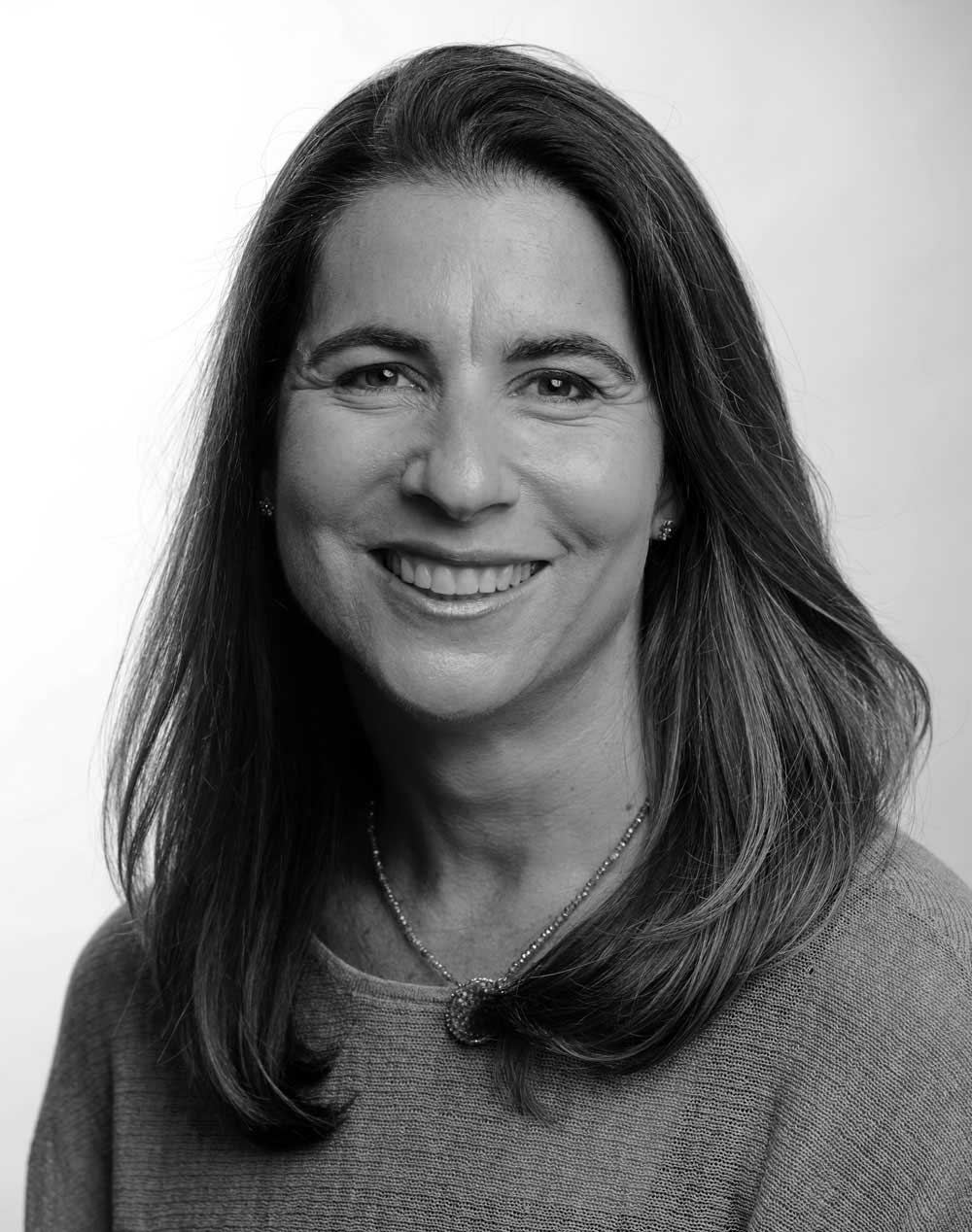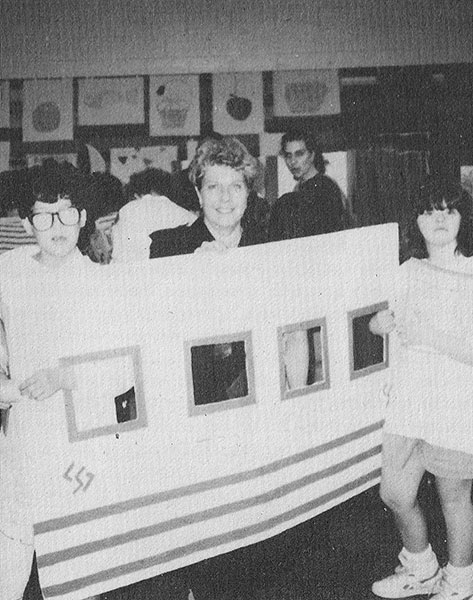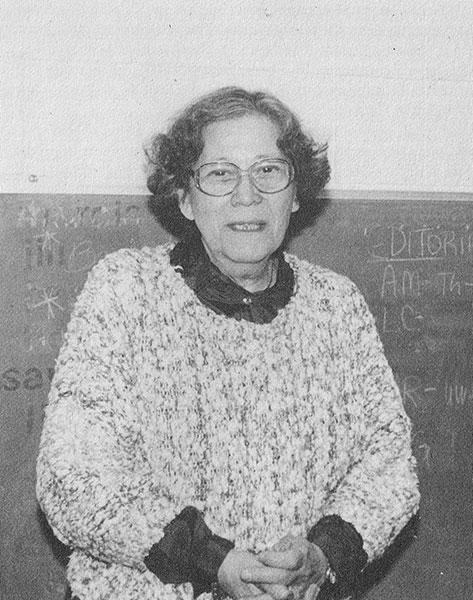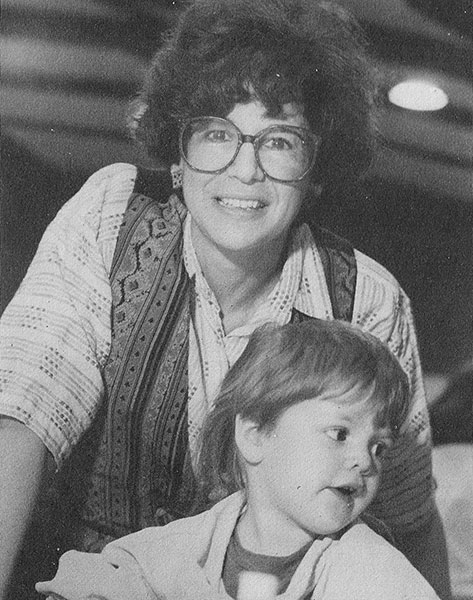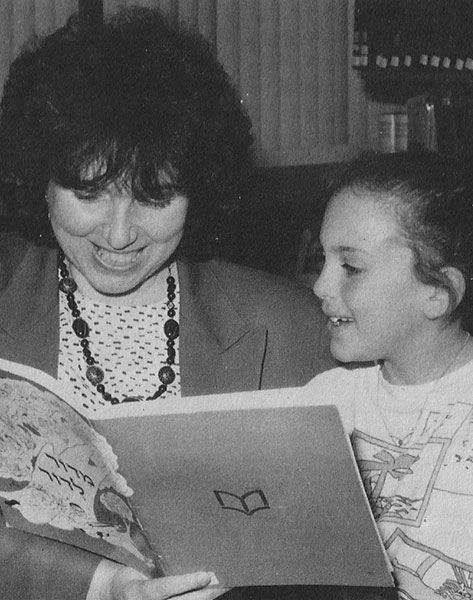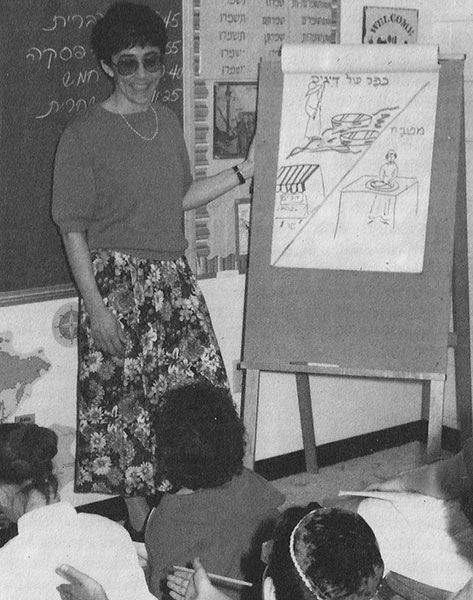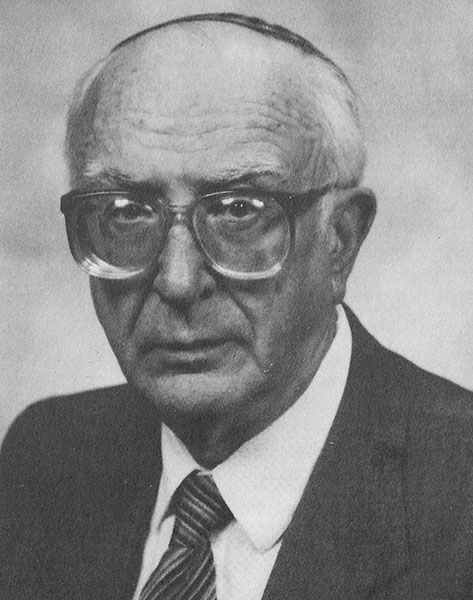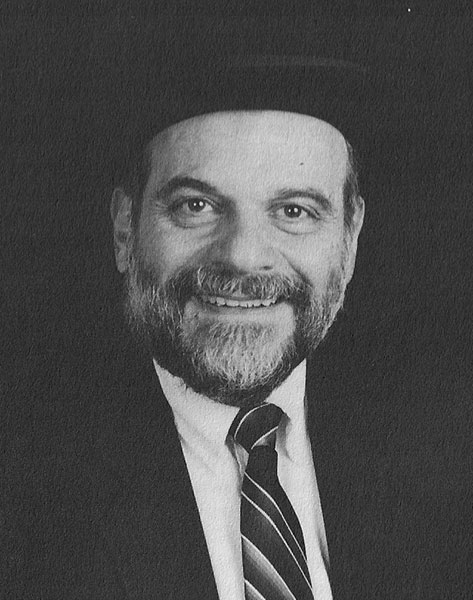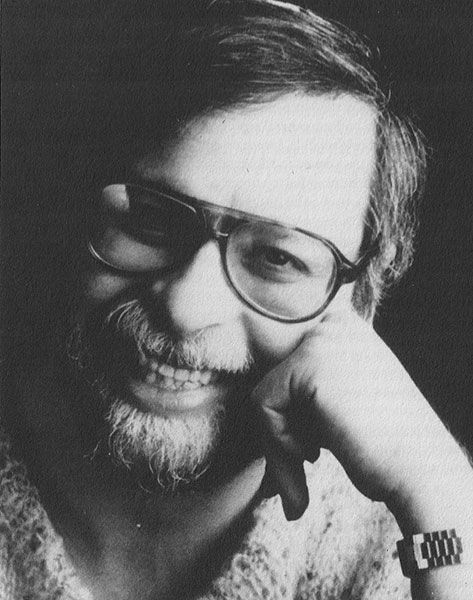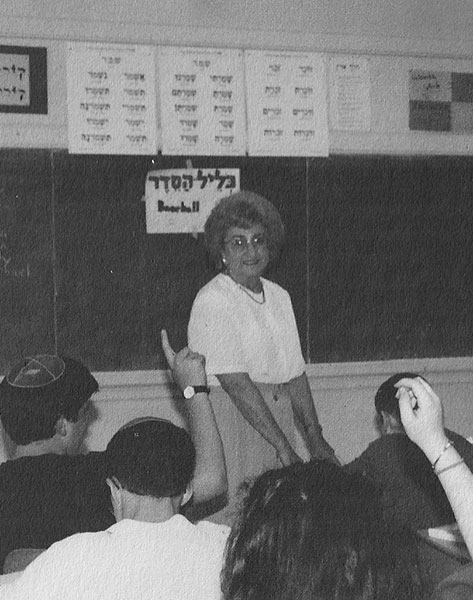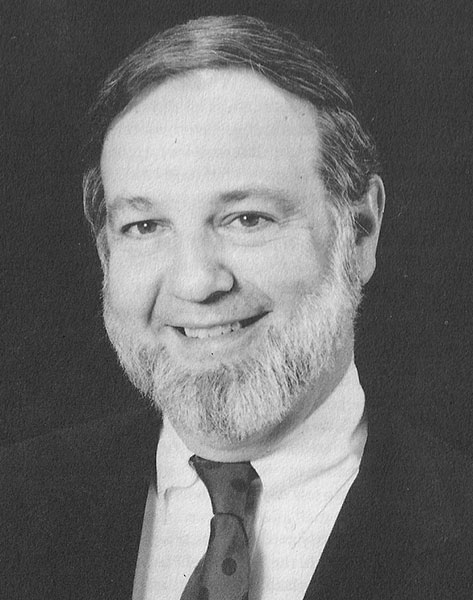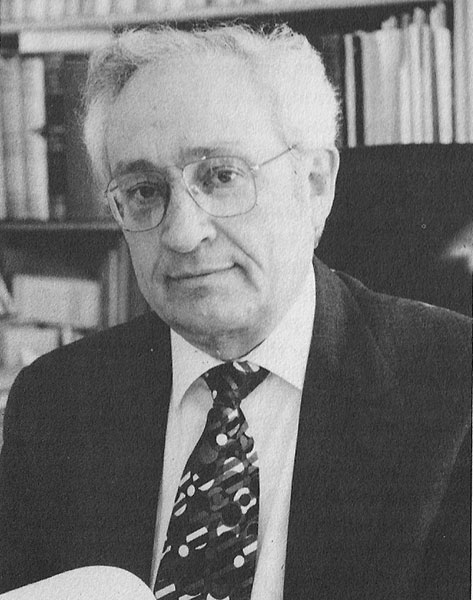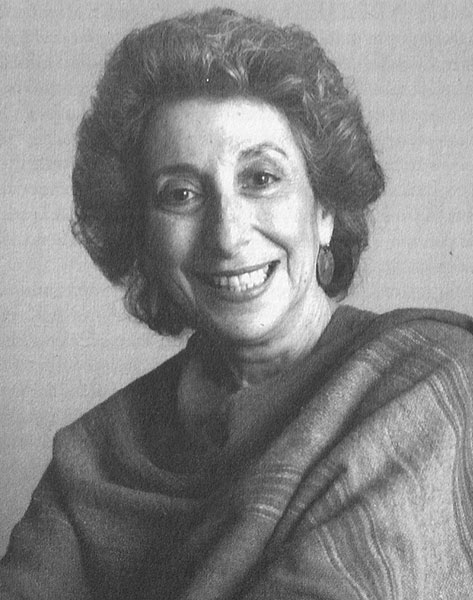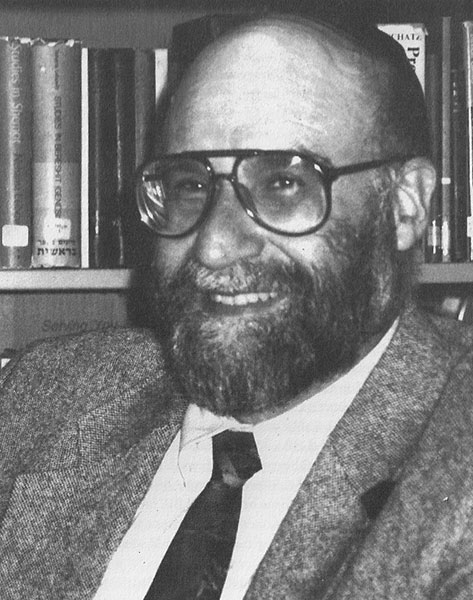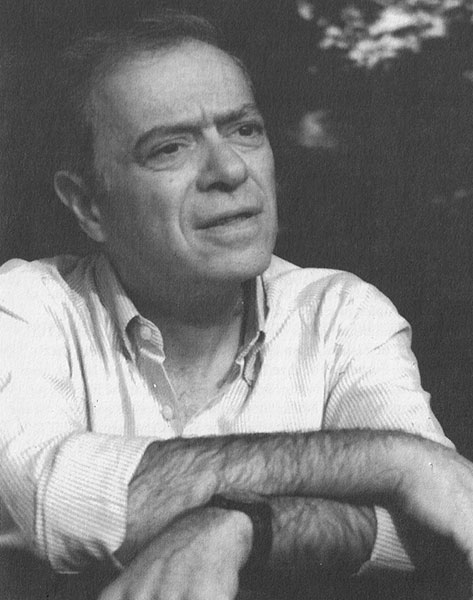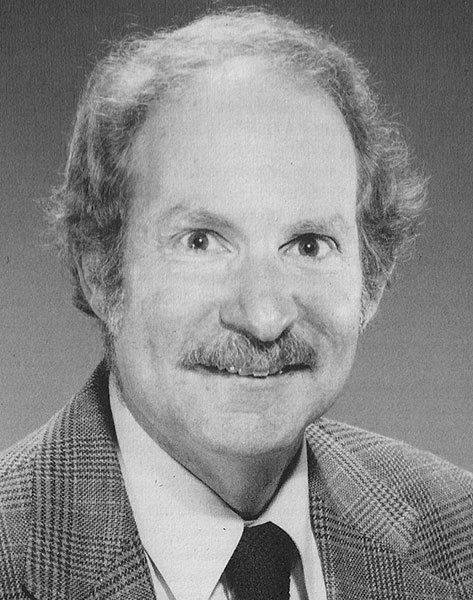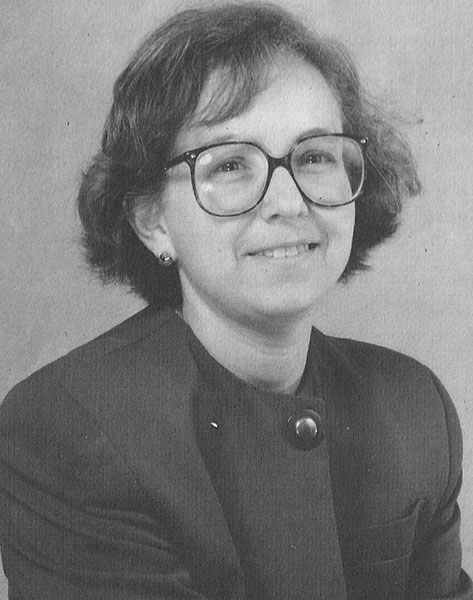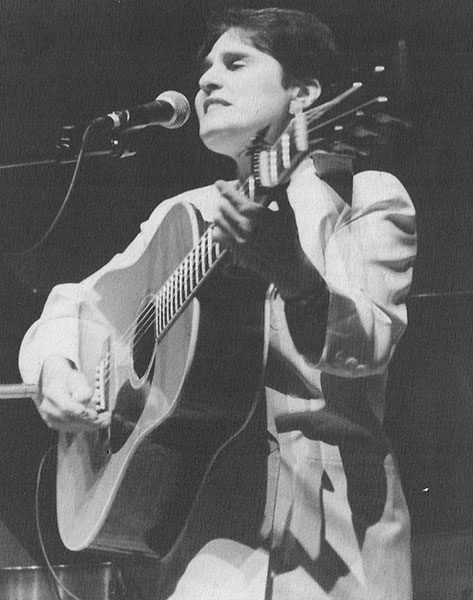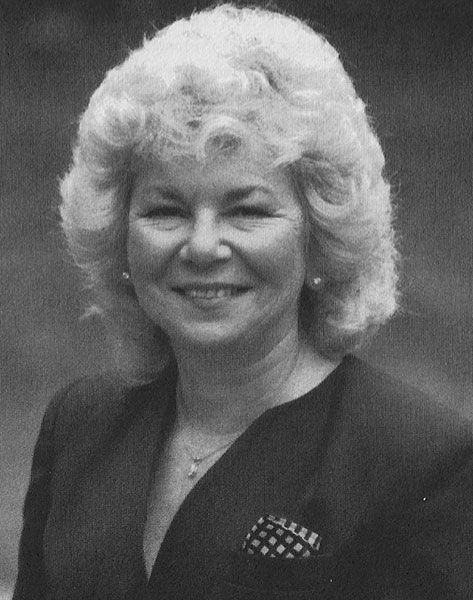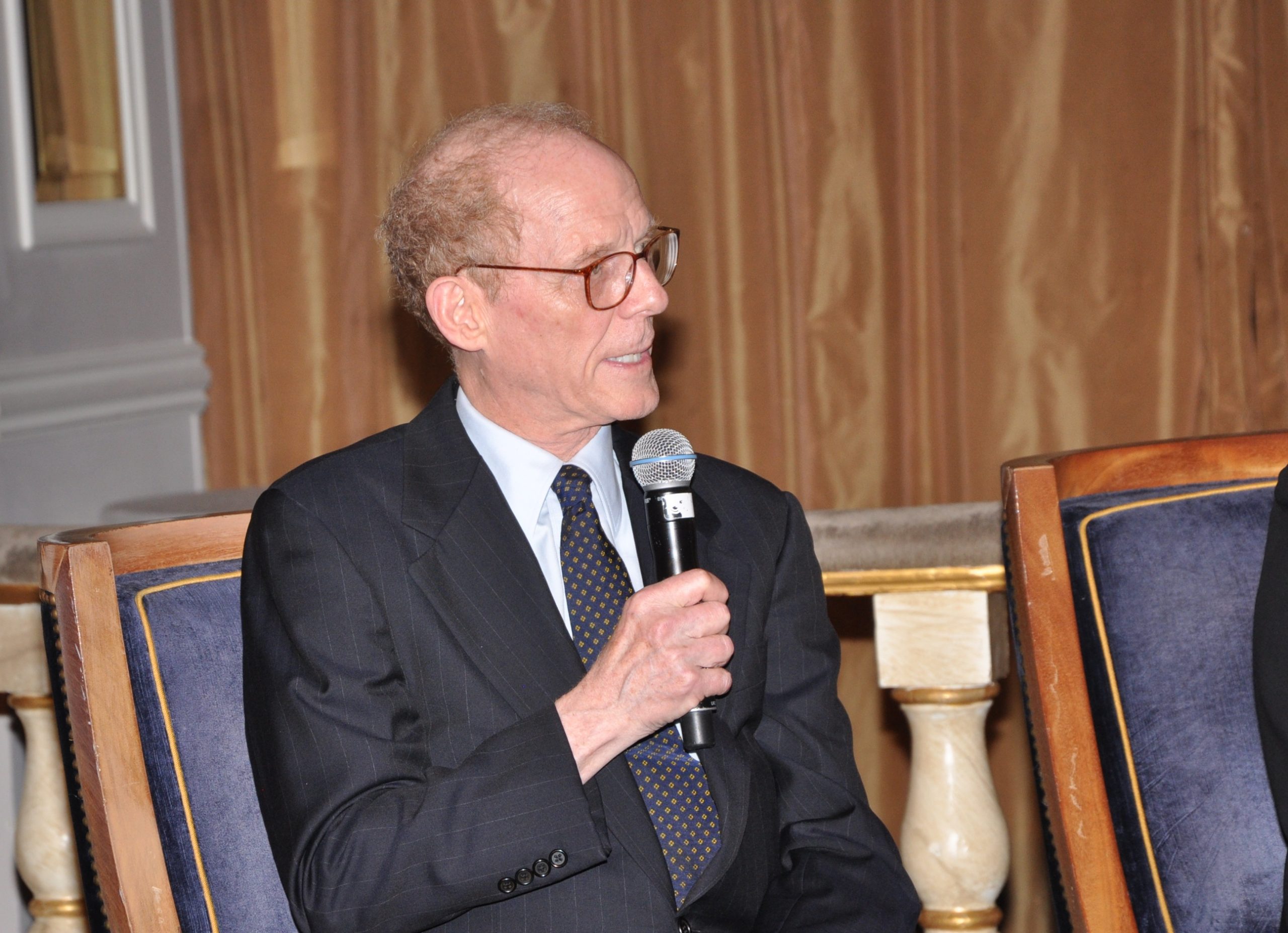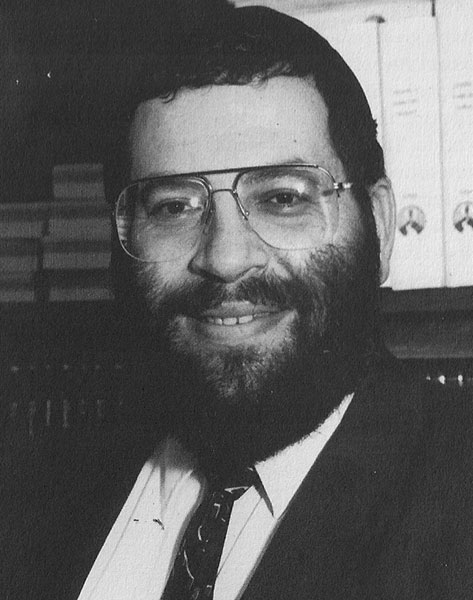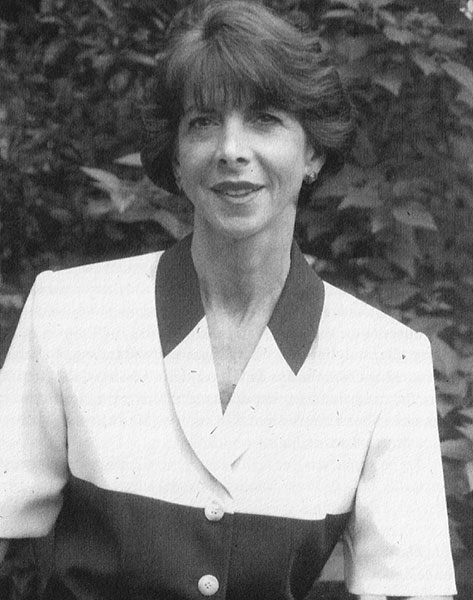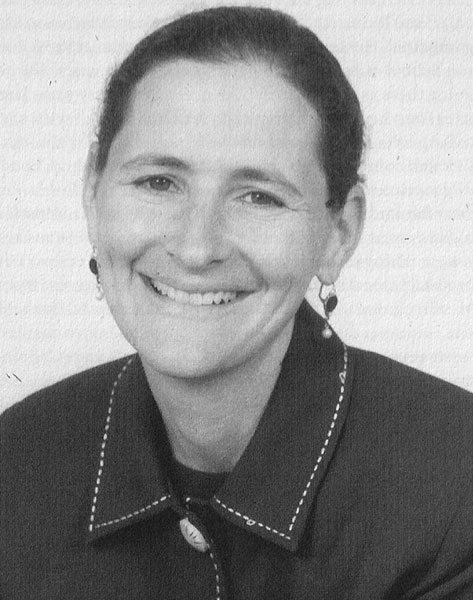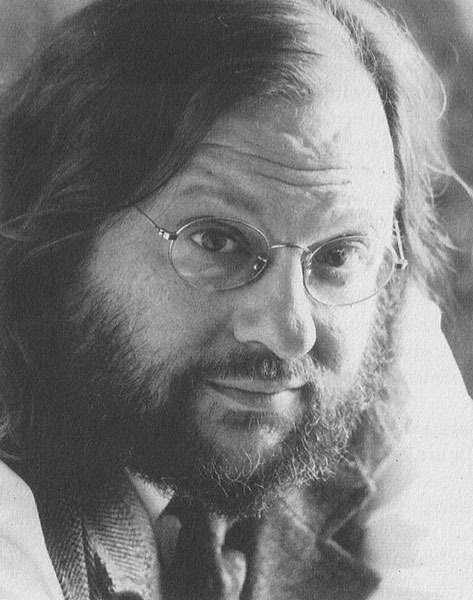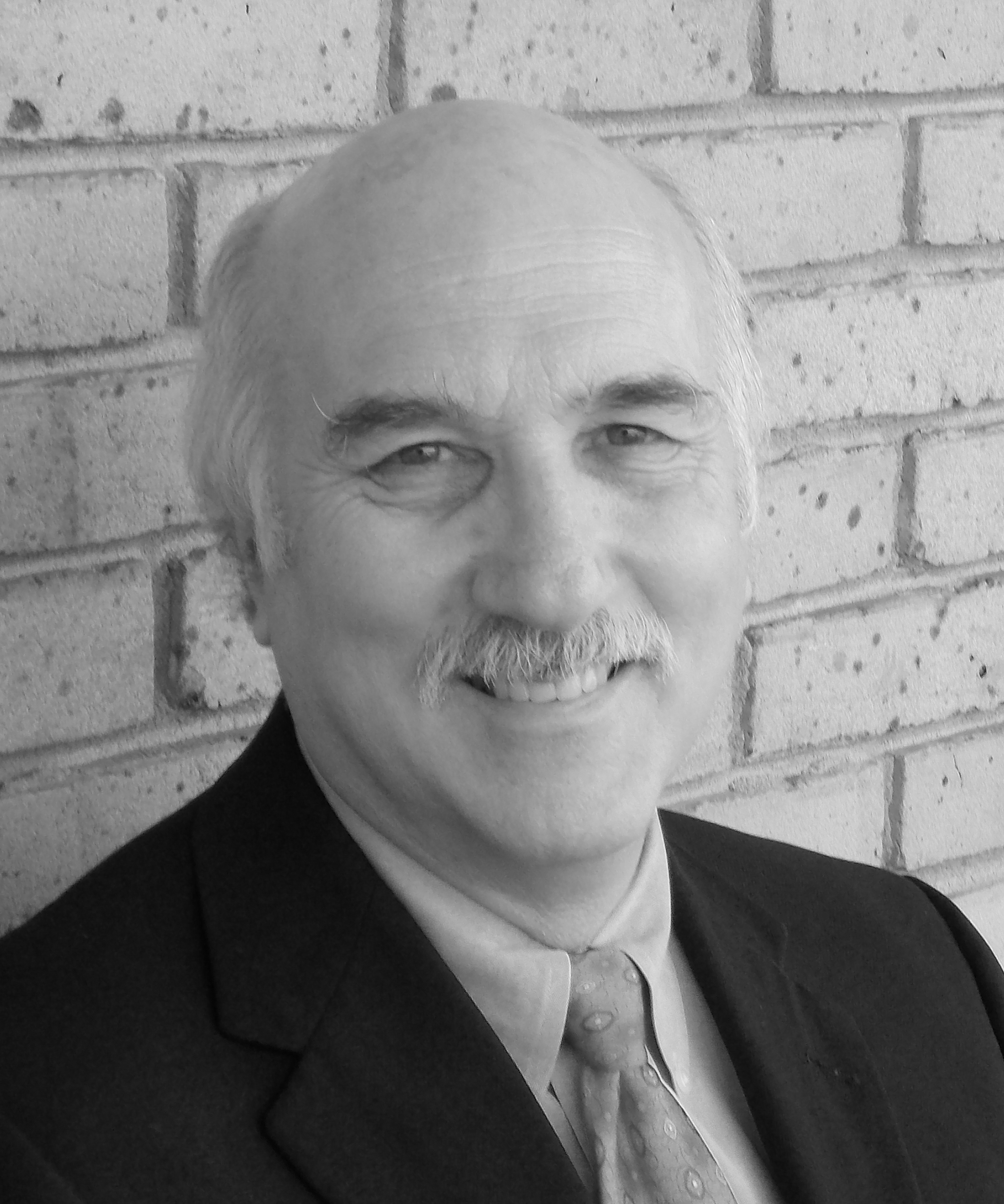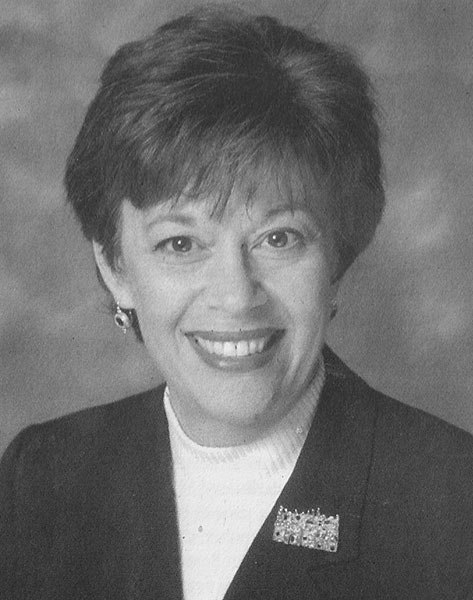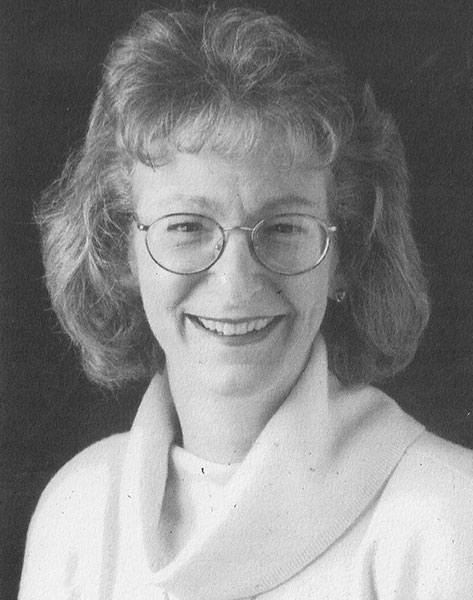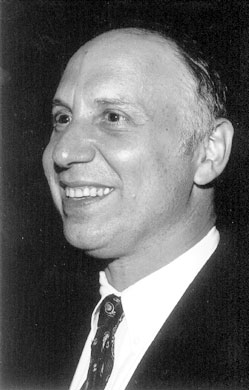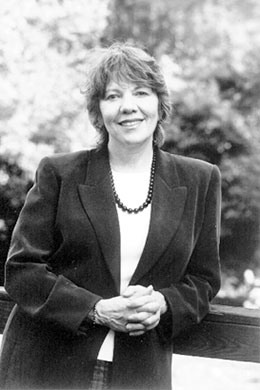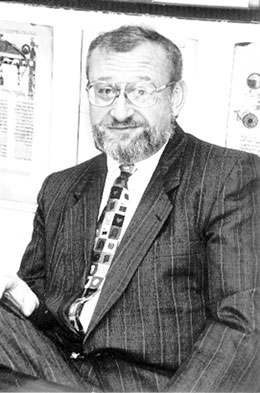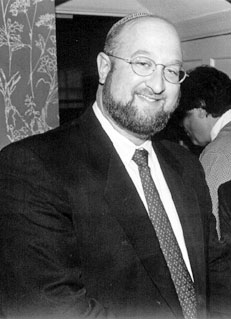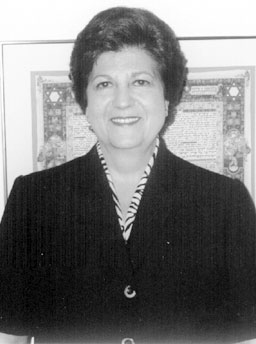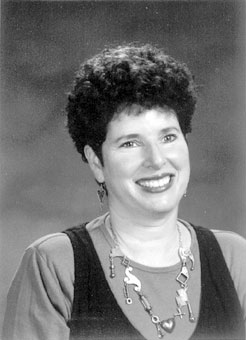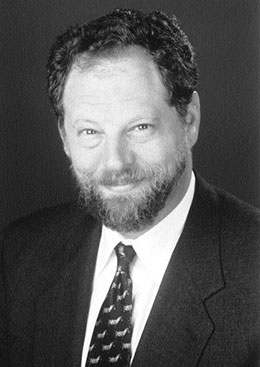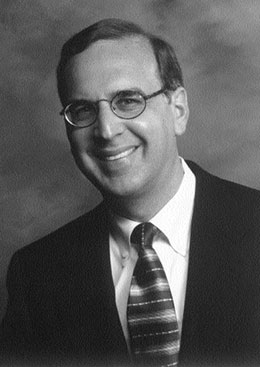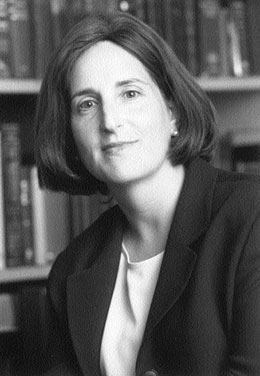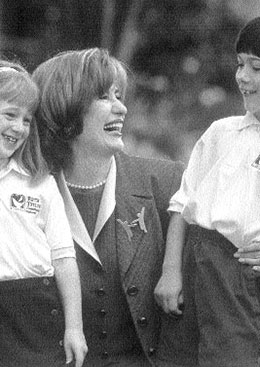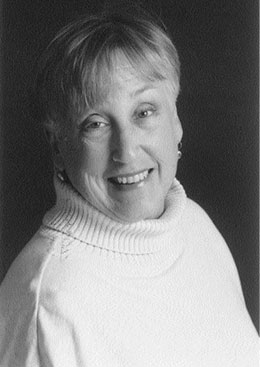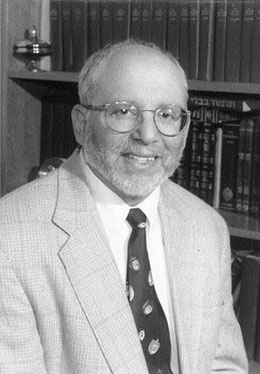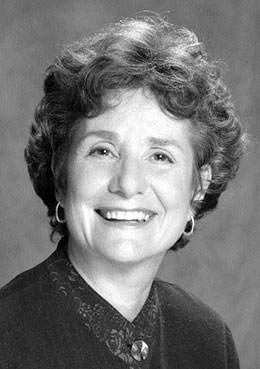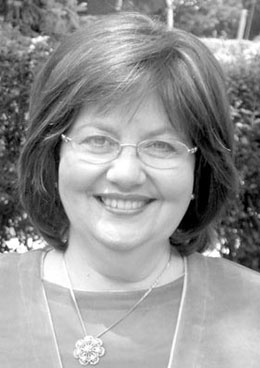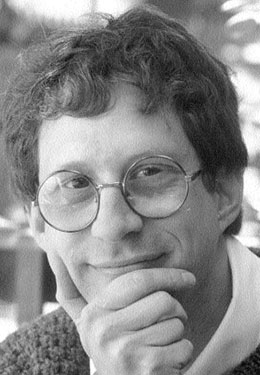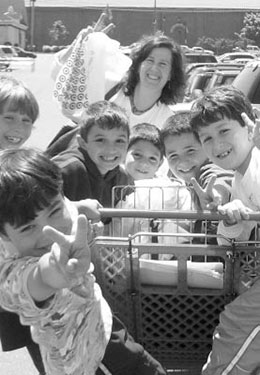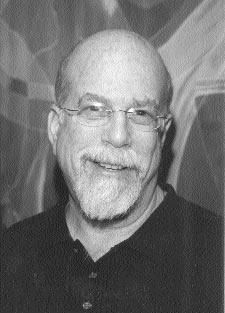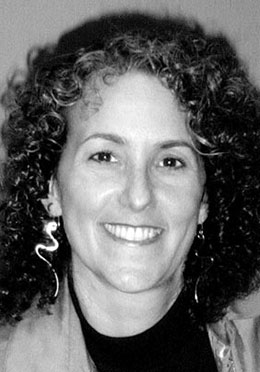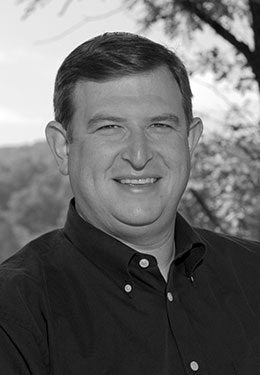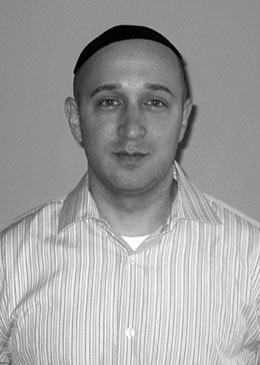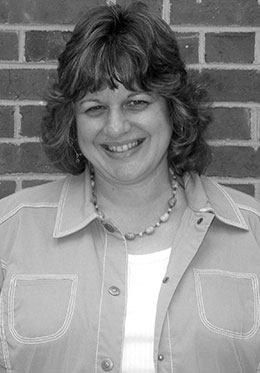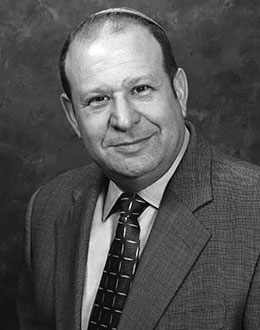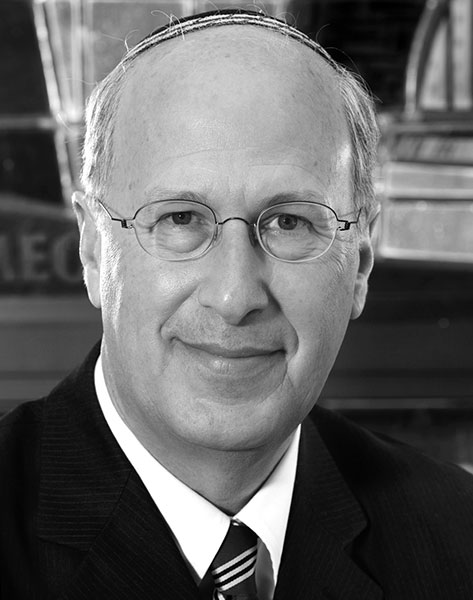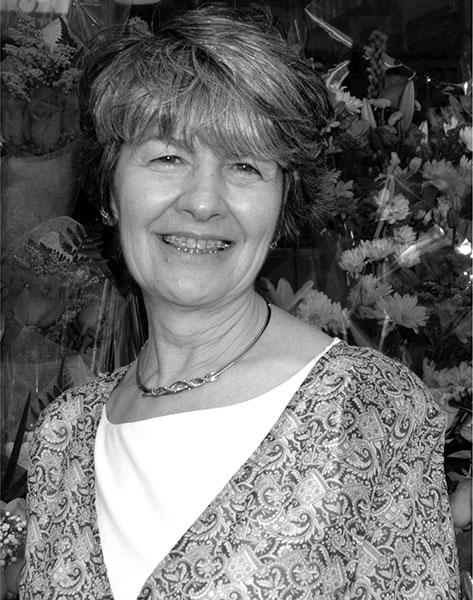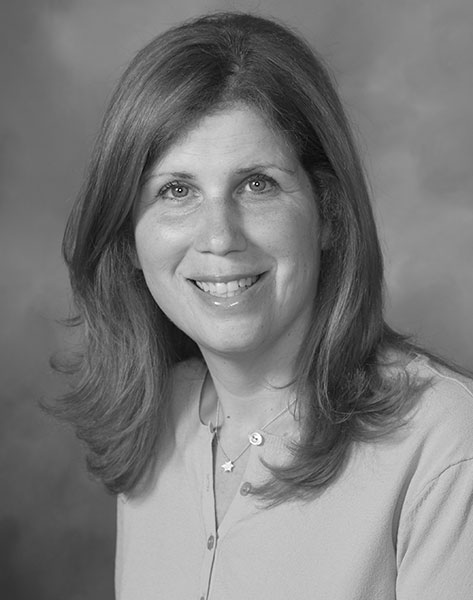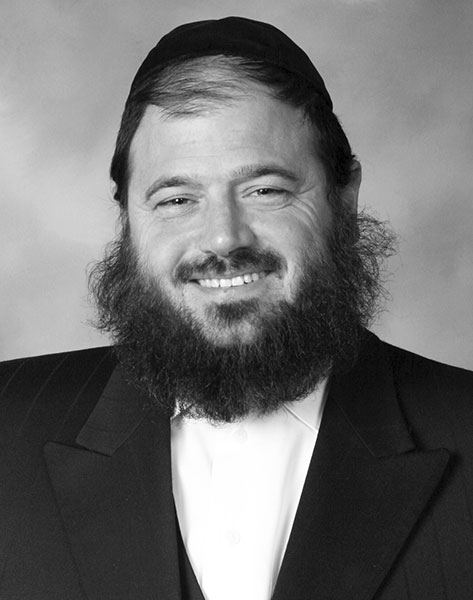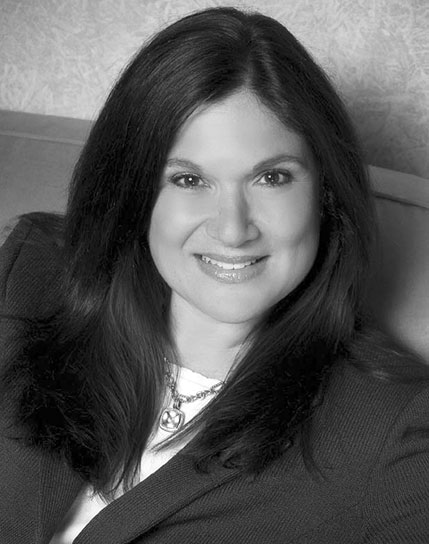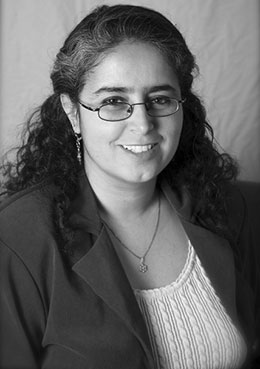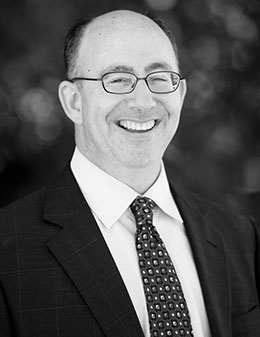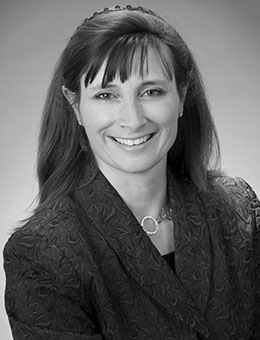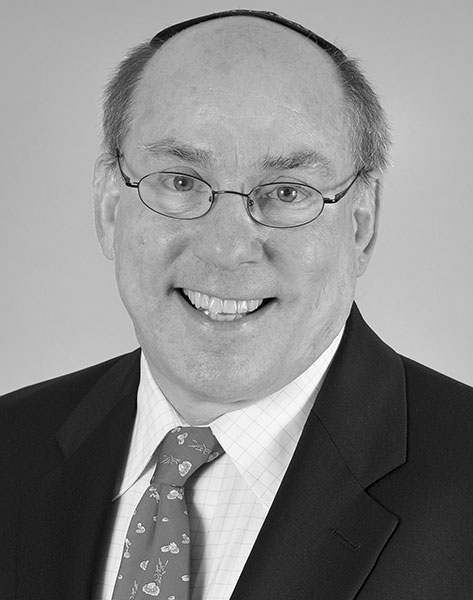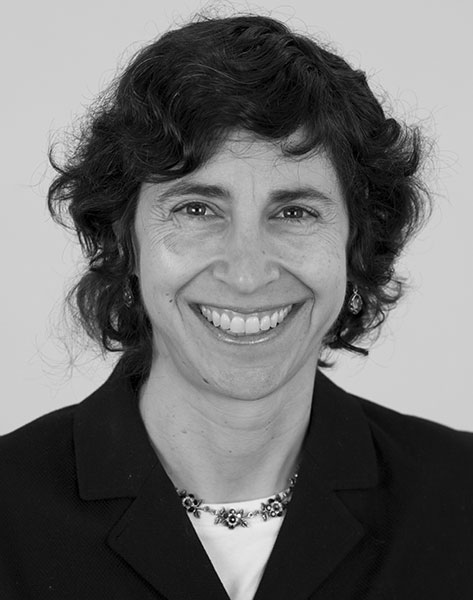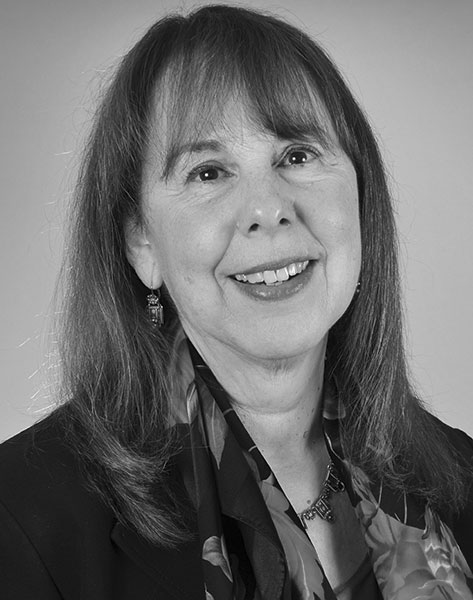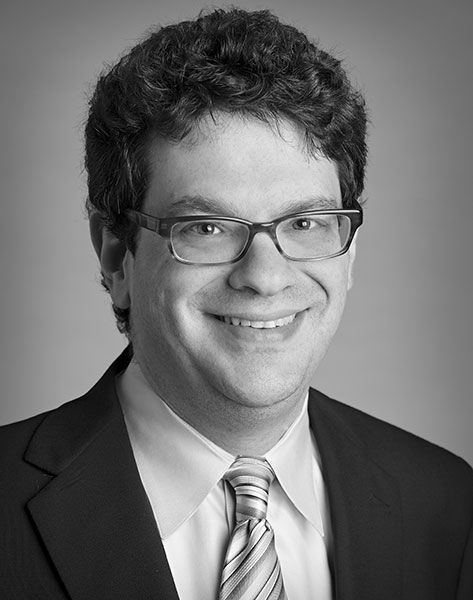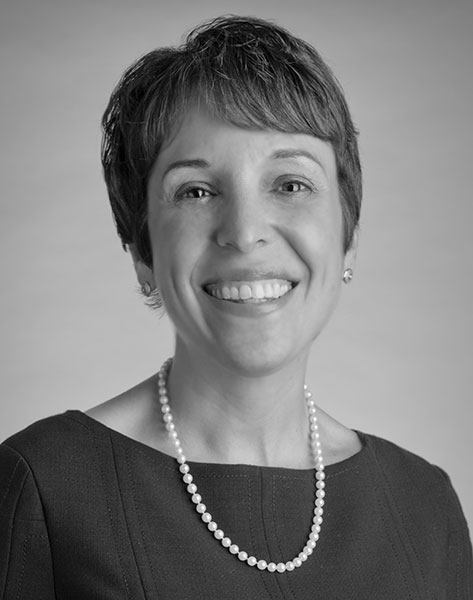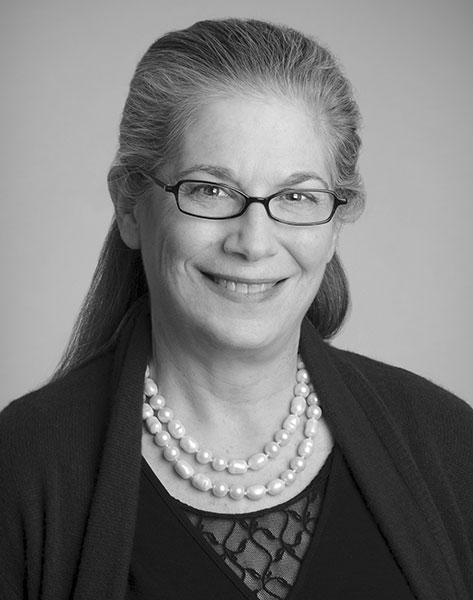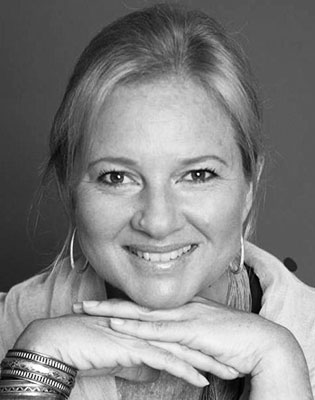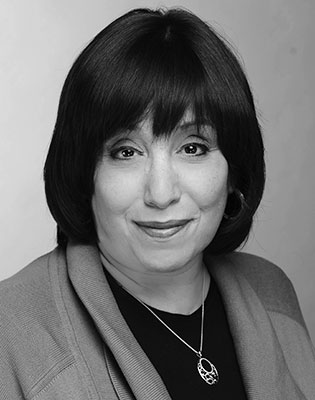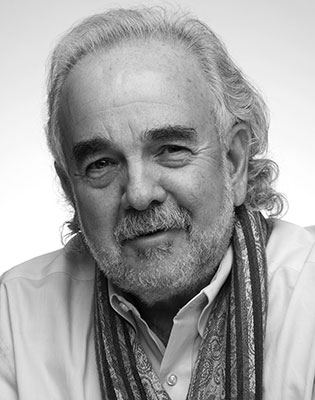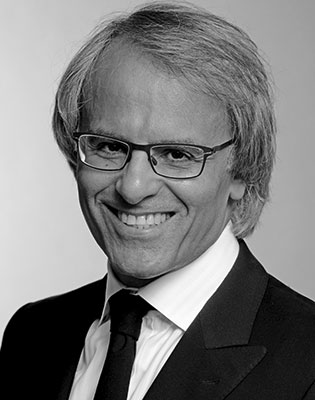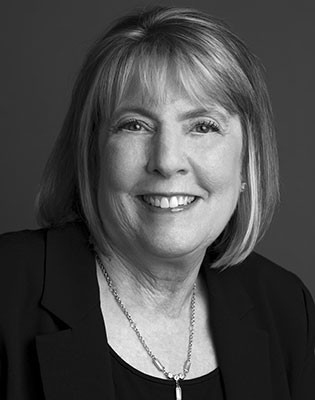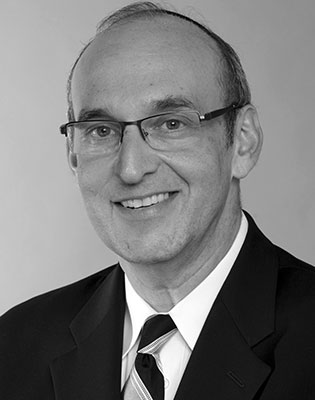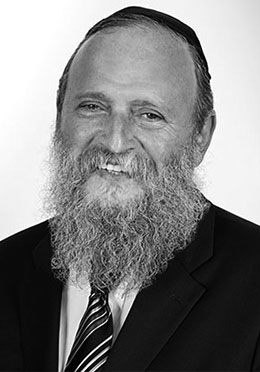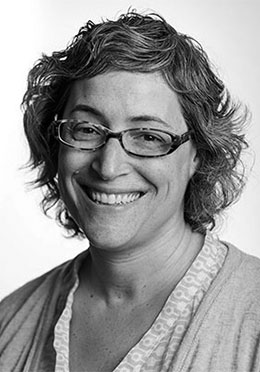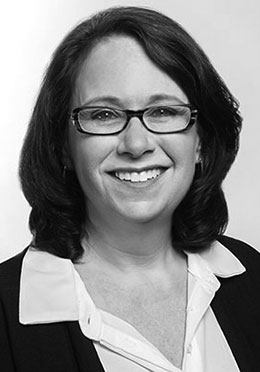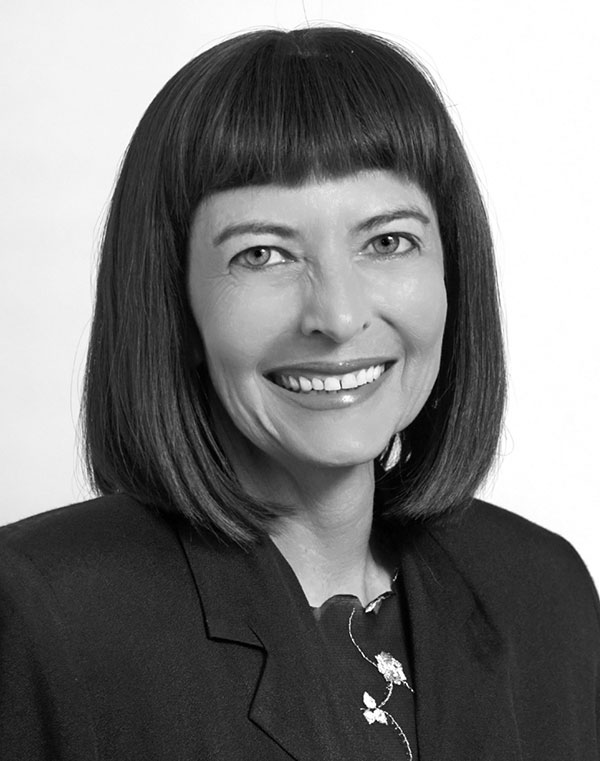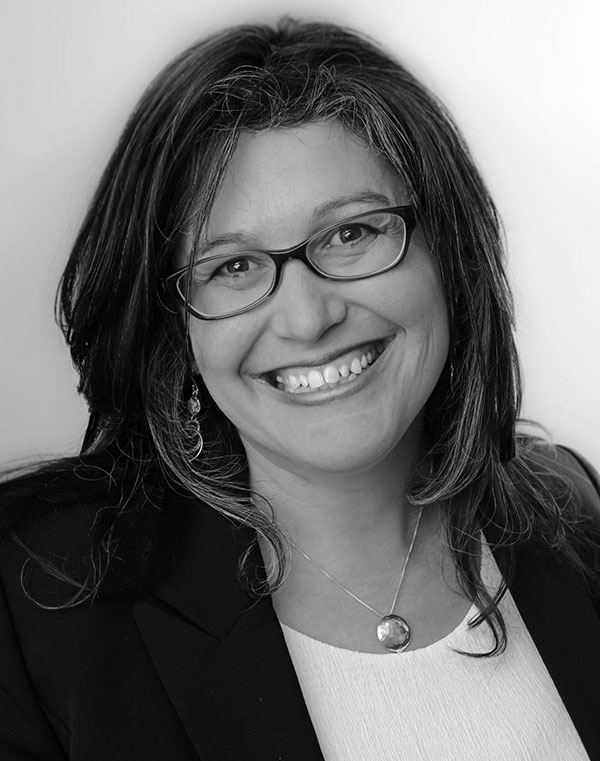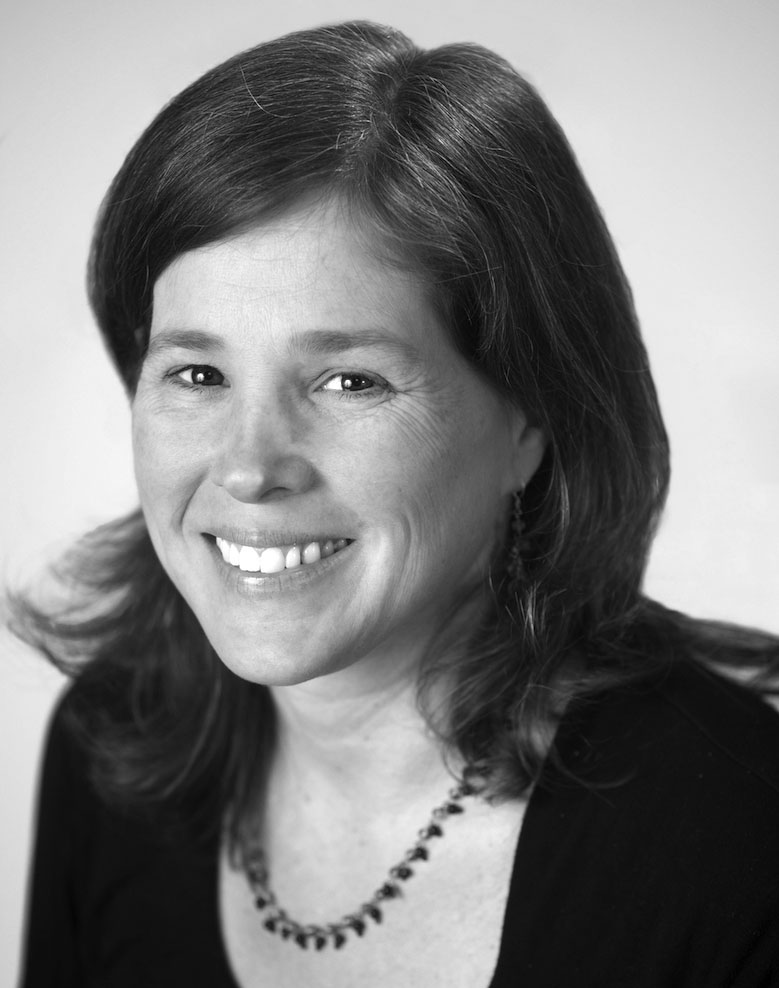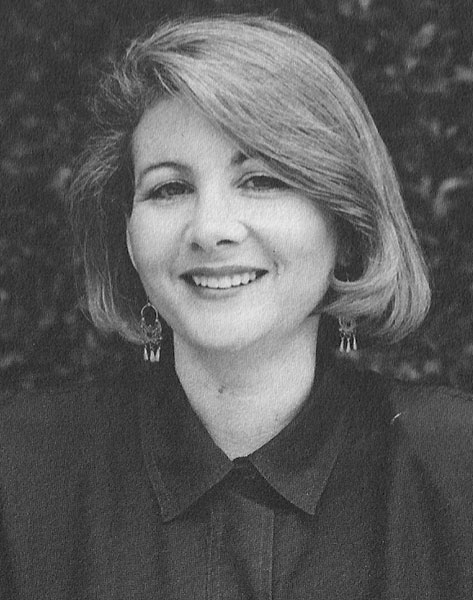
1994 Covenant Award Recipient
Linda Rabinowitch Thal
Linda Rabinowitch Thal was born and raised in Palo Alto, California, and attended Congregation Beth Am of Los Altos Hills Hebrew School. Following many inspired summers at Camp Swig, the Camp Director urged her to spend the following year in Israel. Despite the skepticism of her college-bound friends, Linda deferred her first year of college and spent the year instead at Machan L’Madrichai Chutz L’ Aretz (Institute for Youth Leaders from Abroad) in Jerusalem.
Ms. Thal began her college studies at Stanford University, then completed her bachelor of arts degree at the University of California after her marriage took her to Los Angeles. In 1970 she began graduate work in anthropology at Columbia University. From 1973 to 1975 she did fieldwork in Venice, California, in urban anthropology. Grants from the National Institute of Mental Health and from the National Science Foundation supported her research. Concurrent with her anthropological fieldwork she had begun to teach in the religious school of Leo Baeck Temple. At the same time, in 1974, she and her husband traveled to the Soviet Union to visit refuseniks. Deeply moved by their plight, and after an interrogation by the KGB, she understood in a new way what it meant to stand in another Jew’s shoes. This trip sealed her commitment to both communal and educational work in the Jewish community. When she was invited to become the principal of the religious school on whose faculty she was serving, she accepted.
Since then she has expanded the educational activities of Leo Baeck Temple. She developed programs to revitalize holiday observance and improve Hebrew literacy. She created a Committee on Congregational Education whose task is to move the entire congregation toward becoming a learning community. In addition to her duties at the synagogue, Linda Thal has served on the clinical faculty of the Rhea Hirsch School of Education of the Hebrew Union College – Jewish Institute of Religion. Among the many projects she has developed is the Tzedakah Faire, a program that has been replicated in many other congregations, and which was described in Compass Magazine.
From Linda Rabinowitch Thal's Statement of Motivation and Purpose:
“As a little girl, when I stood tiptoe on the pew beside my father at shul, I put my ear to his mouth and believed that the words of his prayer passed through me and became my prayer as well…. In those years I remember my father spoke of business and politics, but rarely of religion. Yet, it was through his powerful silence that I learned that matters of the heart are often wordlessly expressed. When my father did speak of Judaism, it always had something to do with his own father, whom he described as learned and righteous, perhaps even holy…. It was a matter of some puzzlement to me that the Judaism of my grandfather, of which my father spoke with such hushed reverence, had become so attenuated in my own family…. When I was nine, my parents offered me an opportunity to go to Jewish summer camp. Amidst the California redwoods, I got a glimpse of what it meant to be part of a self-affirming Jewish community. There, as in Grandma’s world, the way one spoke, how one ate, the manner in which one thought about and acted in the world, even the way one expressed love, was Jewish.
The many years I summered at Camp Swig are blended in my memory, but I remember clearly that it was there that I first encountered the power of the intellect and met others who acknowledged the power of the spirit. It was a forceful combination. We were taught to argue both text and current social issues and to see each through the prism of the other…. Jewish teaching was the natural outgrowth of discovering this more integrated worldview….
Jewish education has allowed me to integrate my life’s passion with my life’s work. That work has been fueled and guided by my own Jewish exploration and experimentation. Along the way, I have been blessed with many teachers and the companionship of fellow sojourners.
From weekly study with my teacher Jonathan Omer-Man, I learned the power of silence, the silence that allows the text to settle deeply in one’s soul. That kind of text study, I discovered, can lead to greater kavannah in prayer and the extension of personal practice. No one has influenced my work or my commitment to Jewish education more profoundly.
From my friend and recent partner in Jewish education, Rabbi Deborah Bronstein, I have learned to maintain a steadfast belief in the impossible. I will also mention one particular group: There must be a special chamber reserved in the World to Come for those Hebrew teachers who, even when they are teaching grammar, make the words taste sweet in the mouth and give the letters wings. From the dedication and passion of many Hebrew teachers, both in America and Israel, I have learned to stay connected to the sacred nature of Jewish education.”
From Her Letters of Support:
“Linda’s claim to fame around here is that she gently pushes people right before they are ready to make a small change; which means they are puzzled or resistant at the moment she makes her suggestion, but then as they go home and let it simmer, her words reverberate back in their minds, and they find they have their next challenge set before them. She sets high standards because she knows that to set low standards for people is really like abandoning them…. We notice from month to month that this person is studying more often, that one has incorporated more celebration of holidays in the home, another has begun to study Hebrew, someone else has joined a committee of our local Federation. Most of all, we notice that something is just different in the deepest chambers of our hearts, and that it feels like it is eternally different. We need to discover more, to open more doors, to find out what is under that layer, what is now under the next uncovered layer. Linda, you might say, is opening up those chambers in our hearts and souls.”
Laurel Wruble
“In order to grasp…Linda Thal’s impact, one must understand that Leo Baeck Temple began as a small community of…West Los Angeles Jews. The refined atmosphere of the institution and the successful careers of its members combined to create an institution of great dignity, but one in which intensified Jewish life style was foreign…. Linda Thal set out to turn this attitude around…. She has literally transformed the lives of countless individual members, as well as adding a Jewish texture to several aspects of the synagogue’s life…. During a recent Board meeting of the school, I was privileged to be a guest expert on the topic of the Hebrew language. I could not believe that I was sitting in a meeting of Leo Baeck Temple members wrestling with the place of language learning in the psychological development of our children. One teenage boy spoke of his experience under Linda’s direction, and all I can say is that when I am discouraged, I now think back to the things this young man said about the educator at his synagogue – Linda Thal. She has, in this and in many other ways, been my teacher as well.”
Rabbi William Cutter

